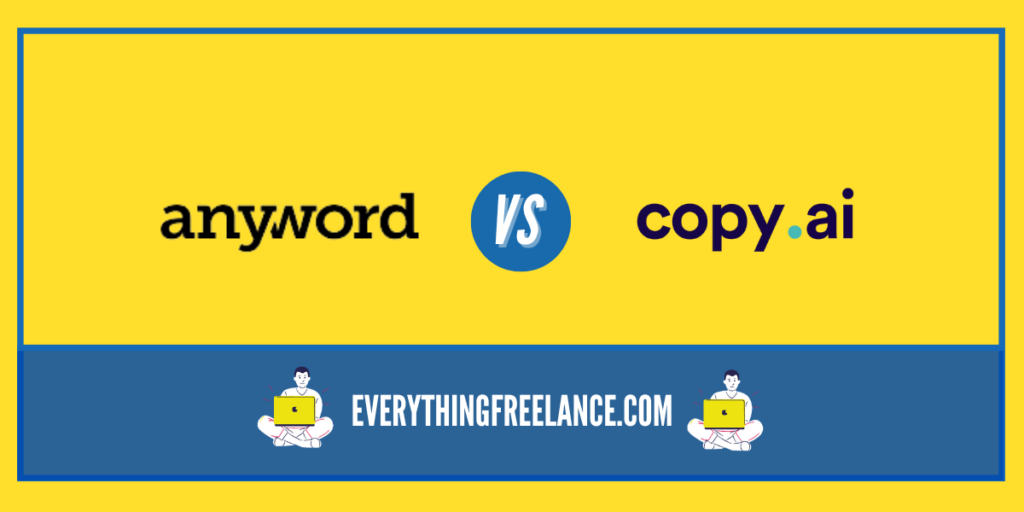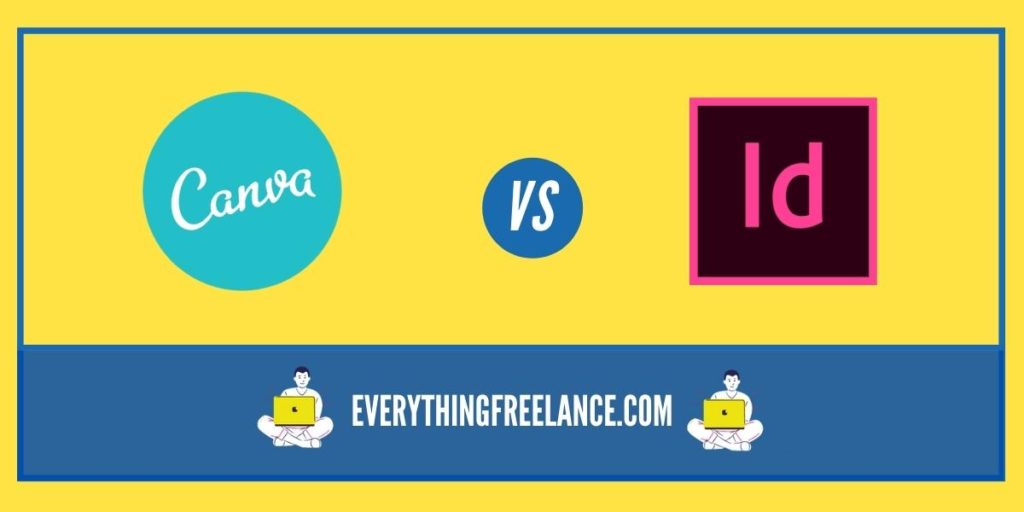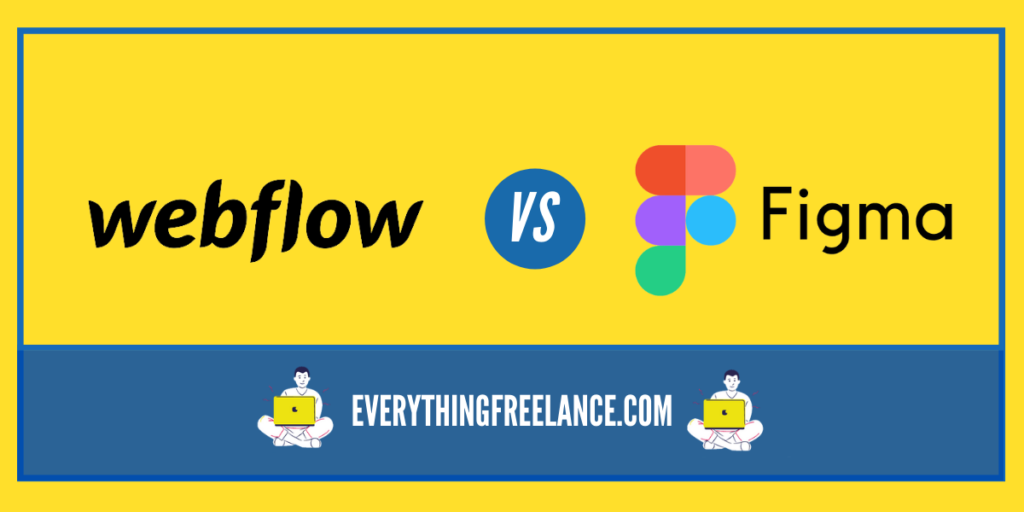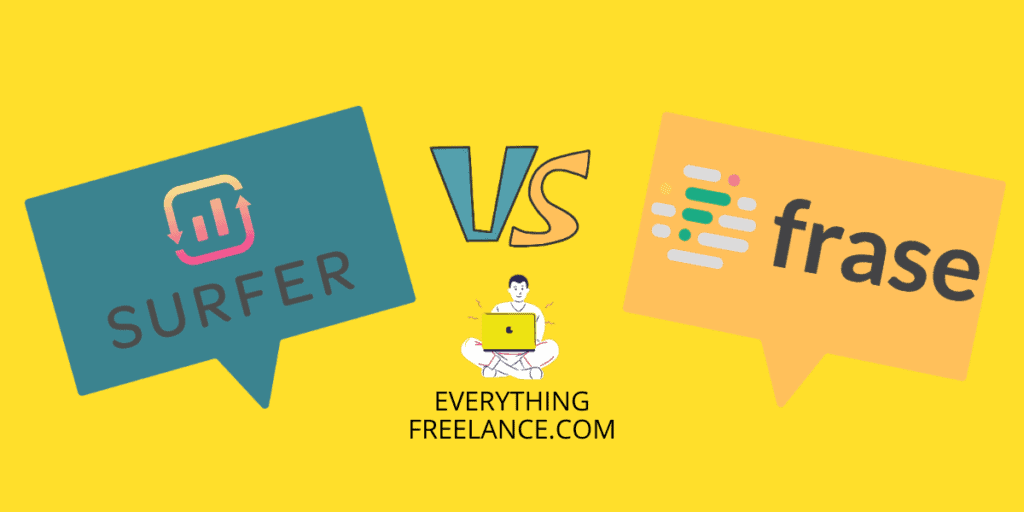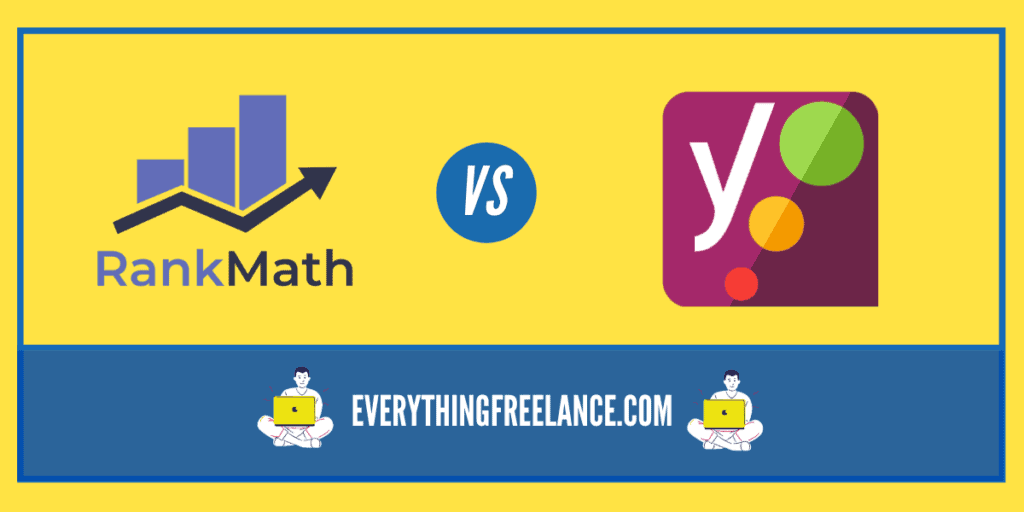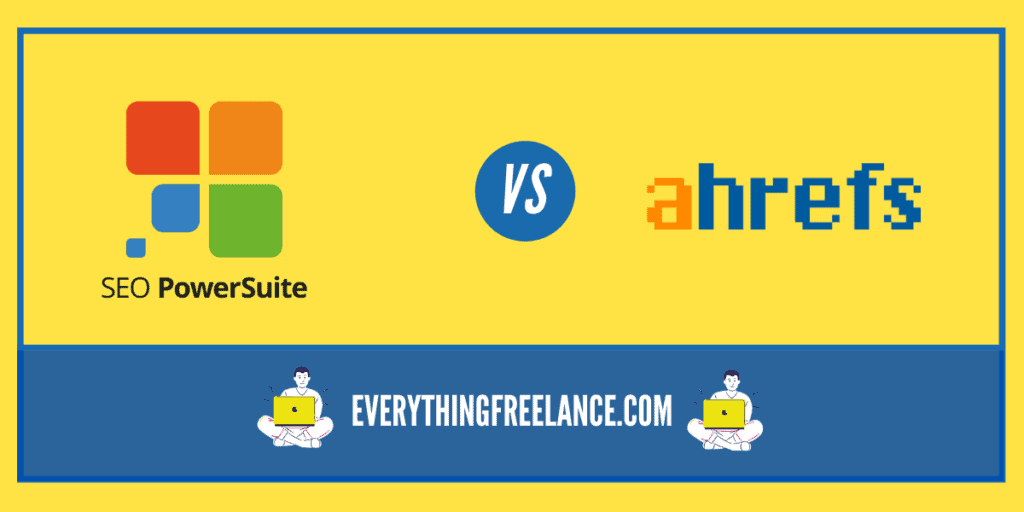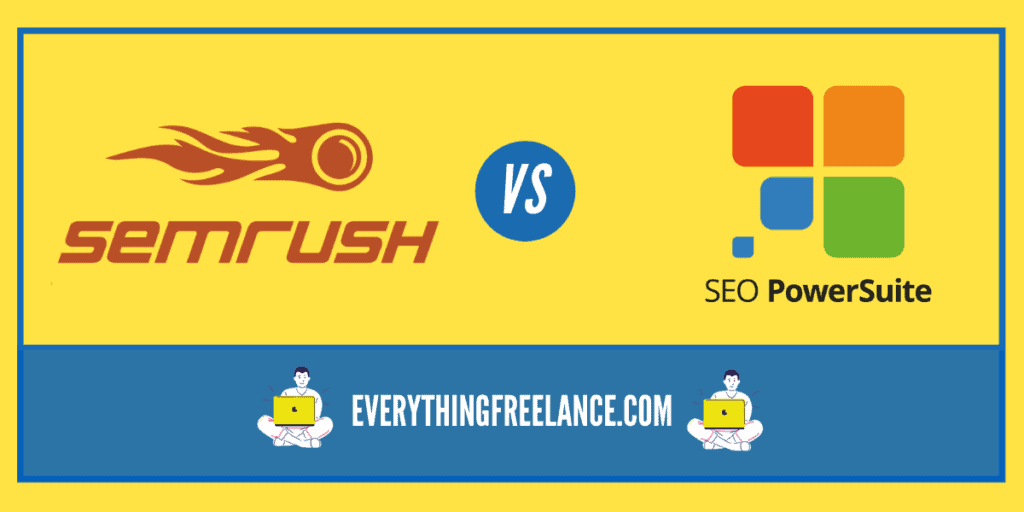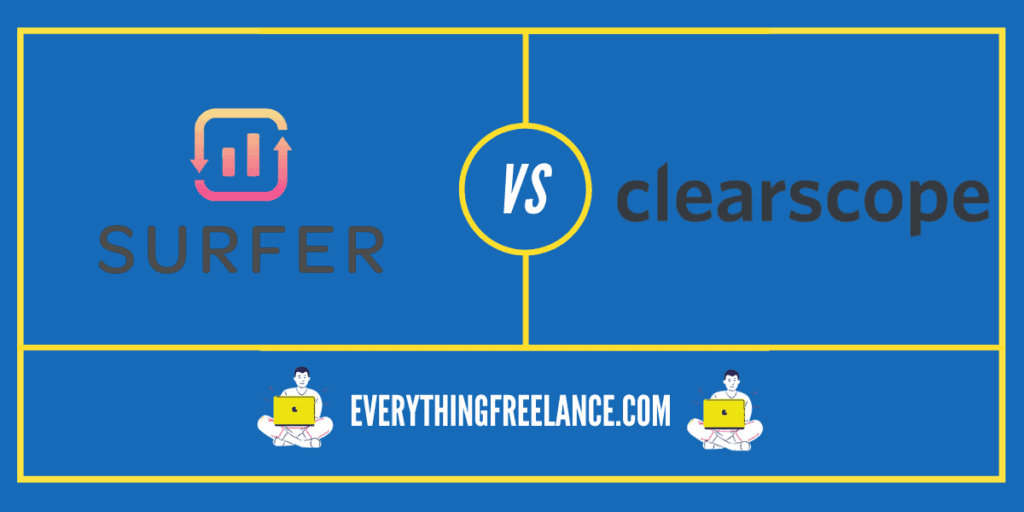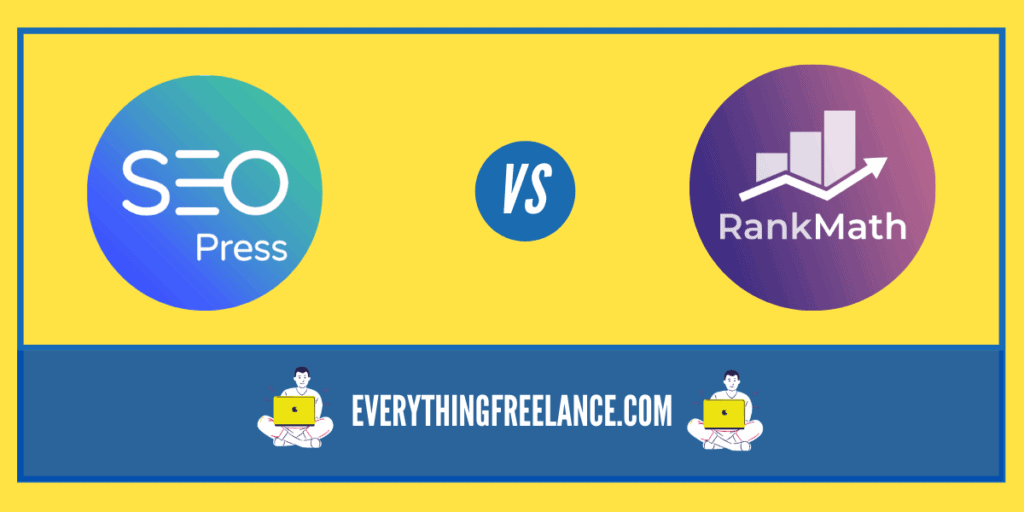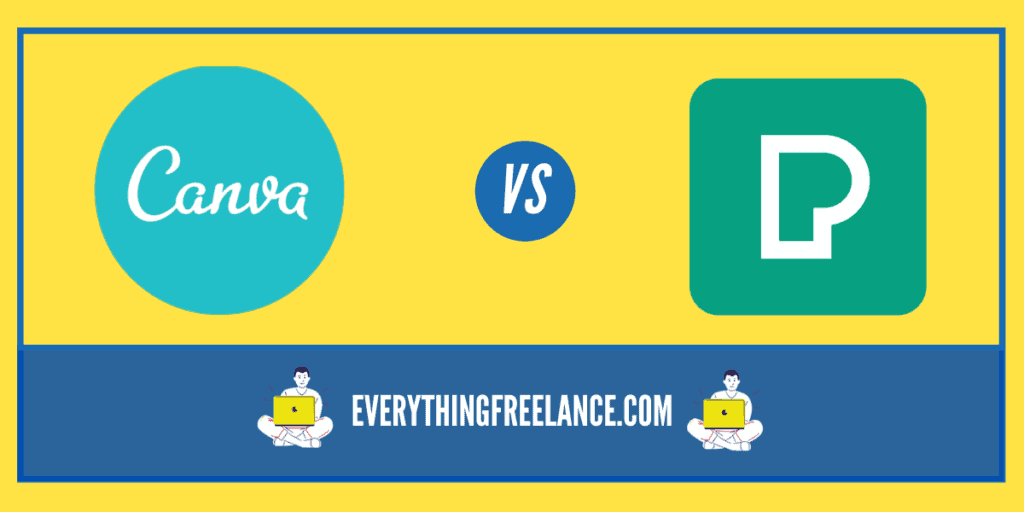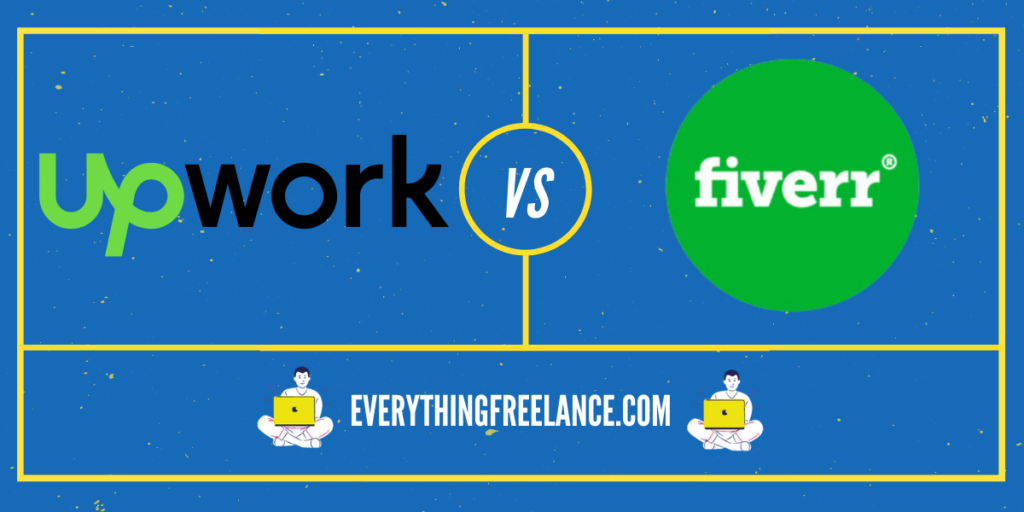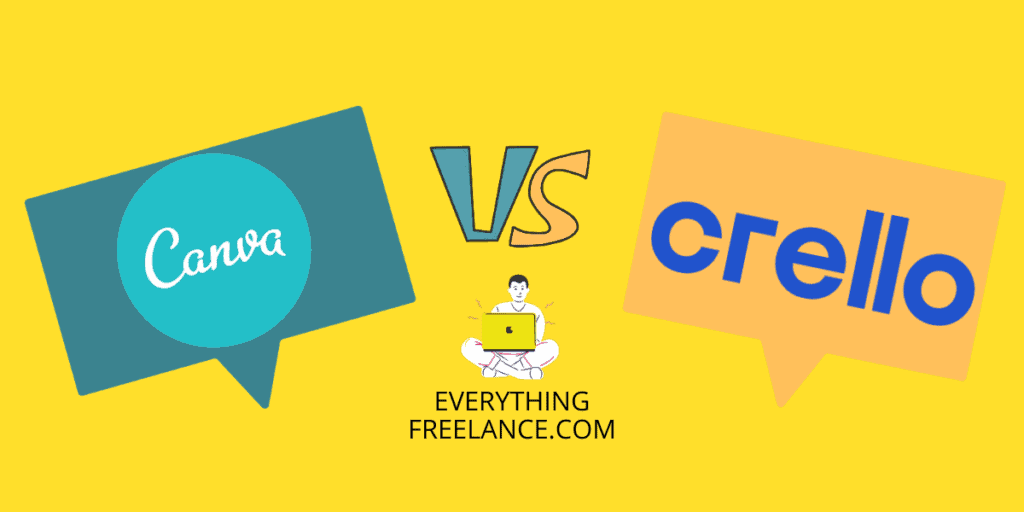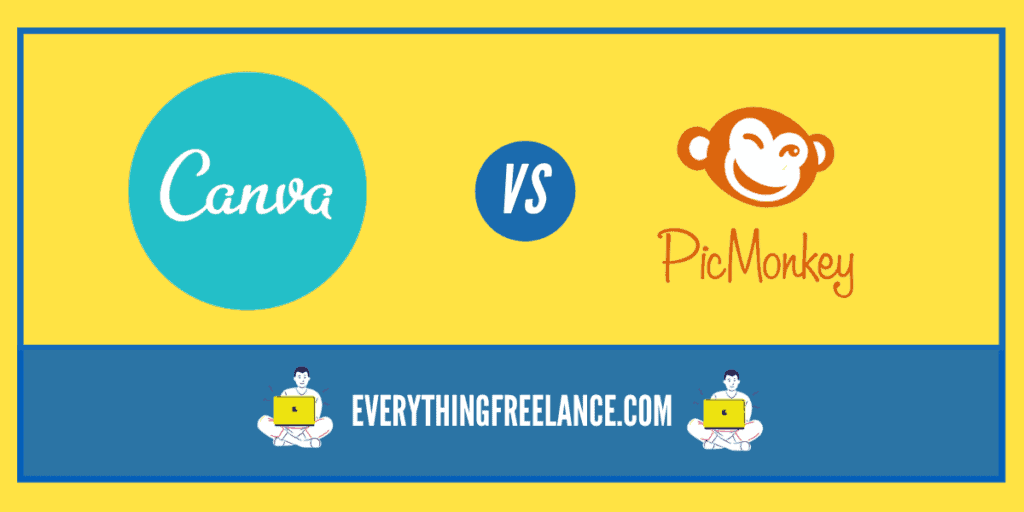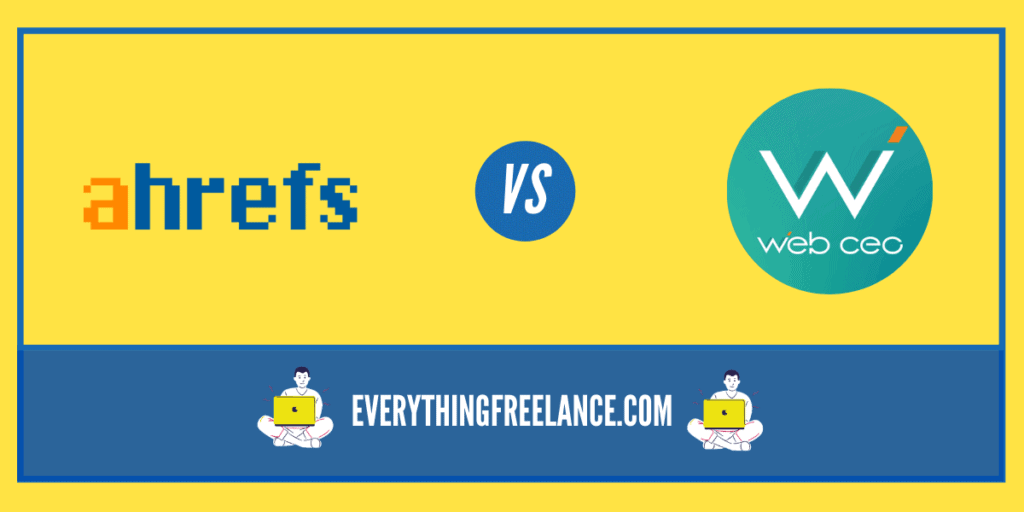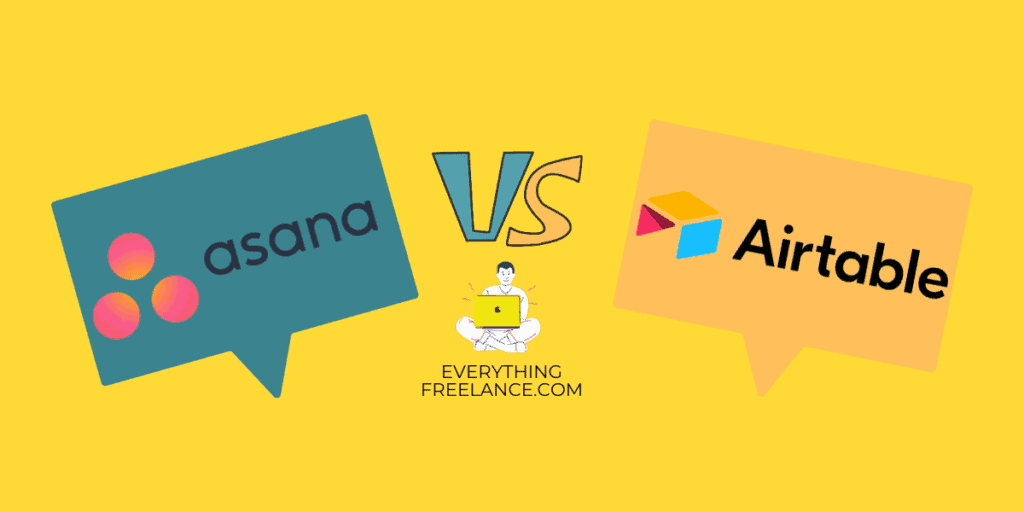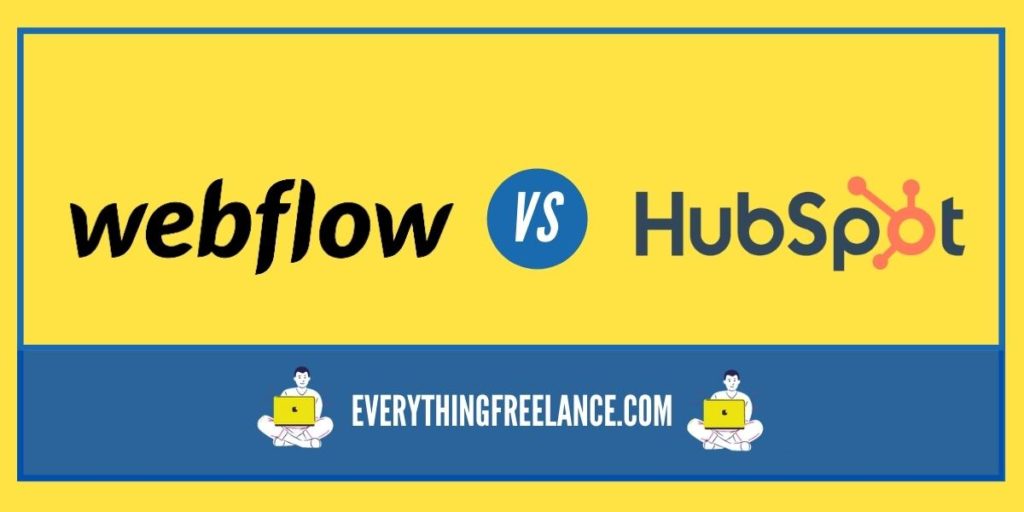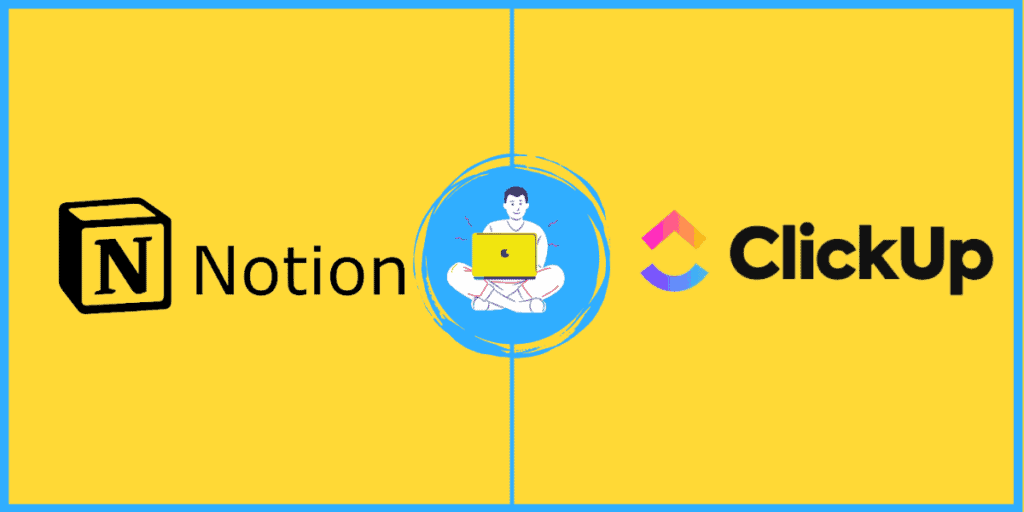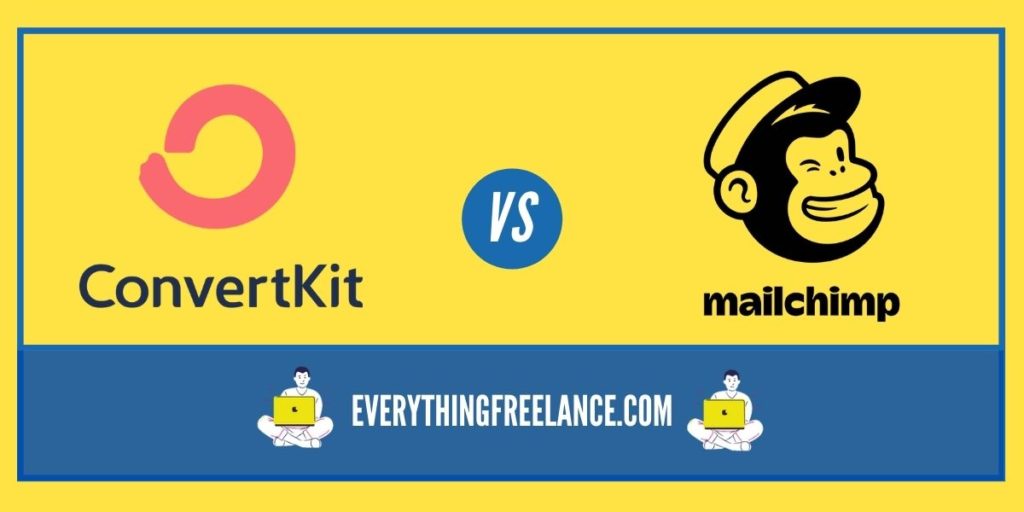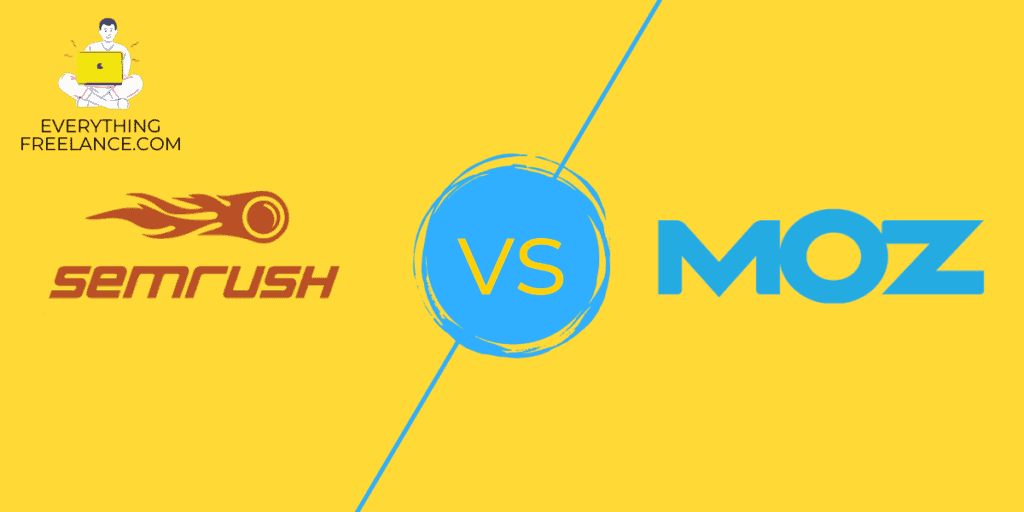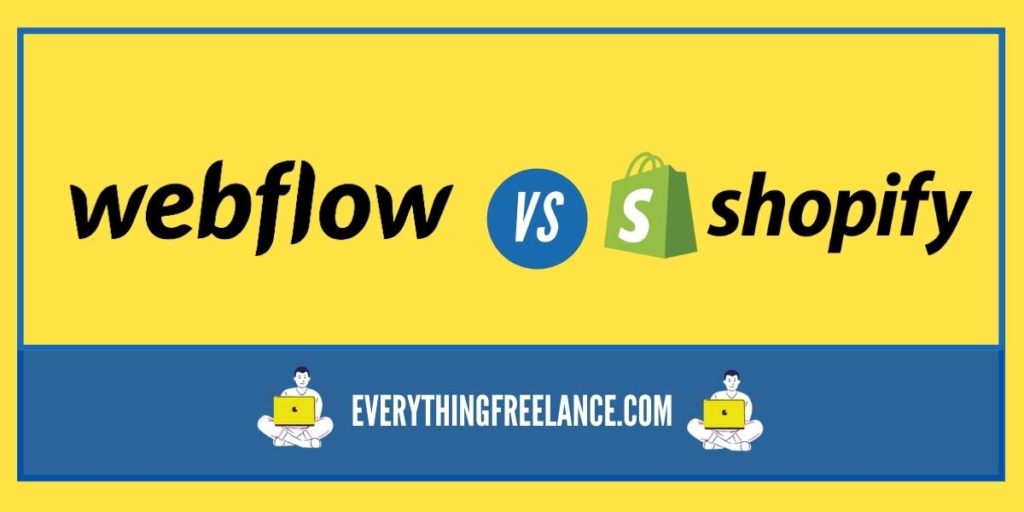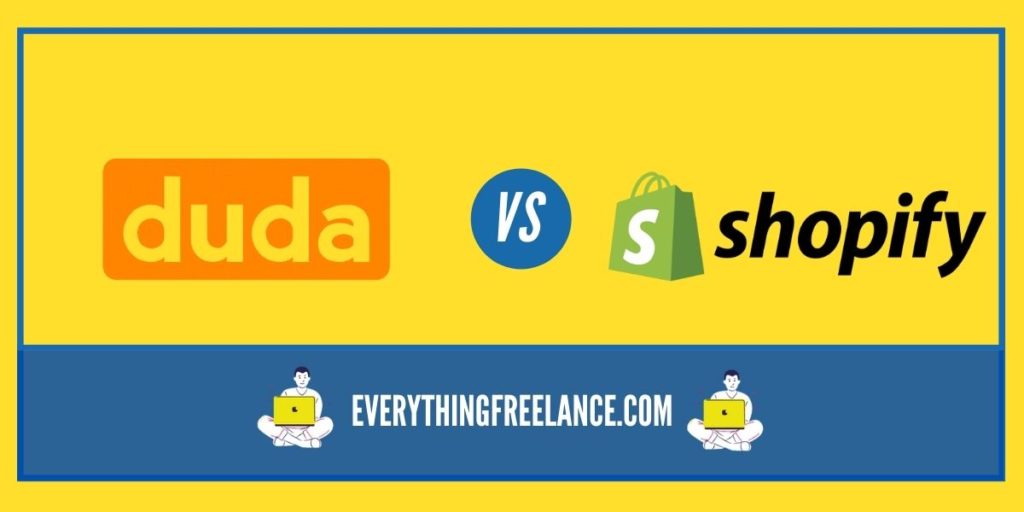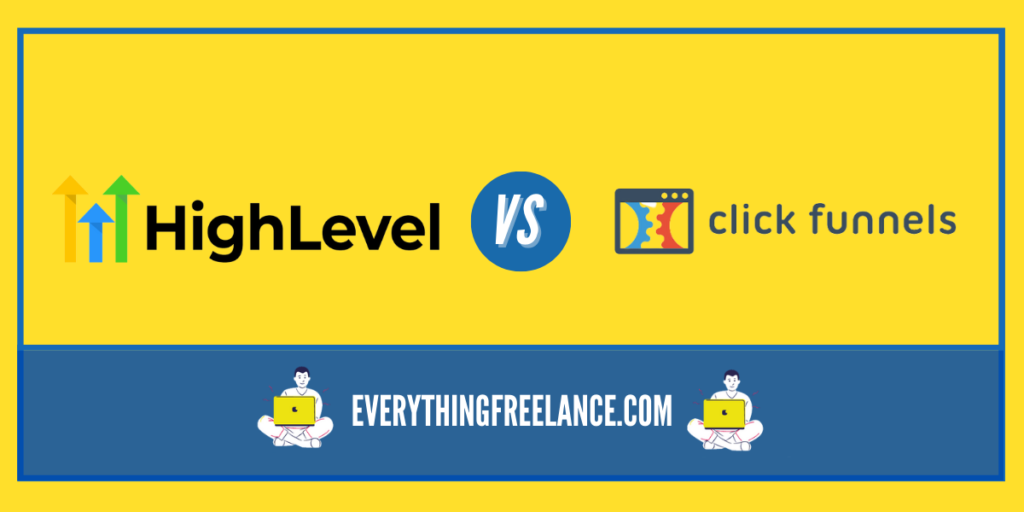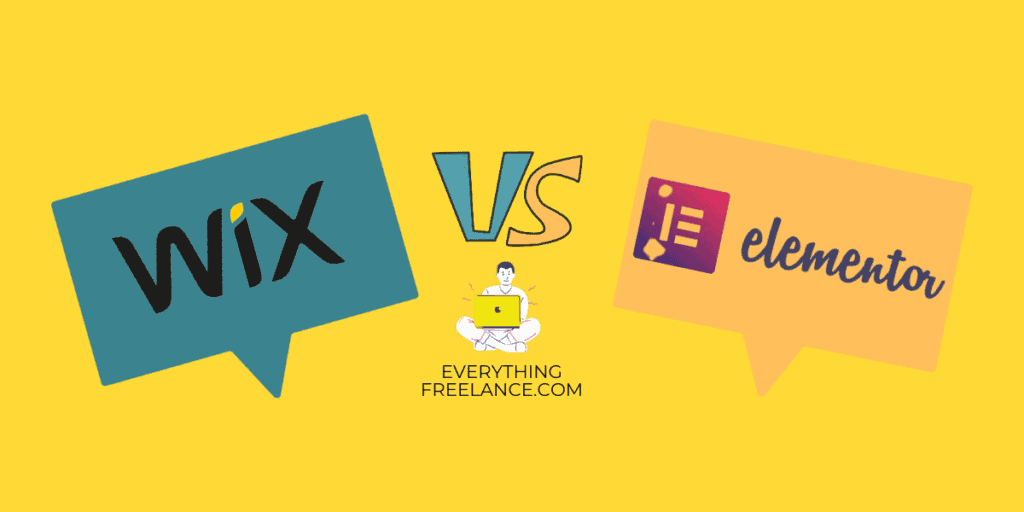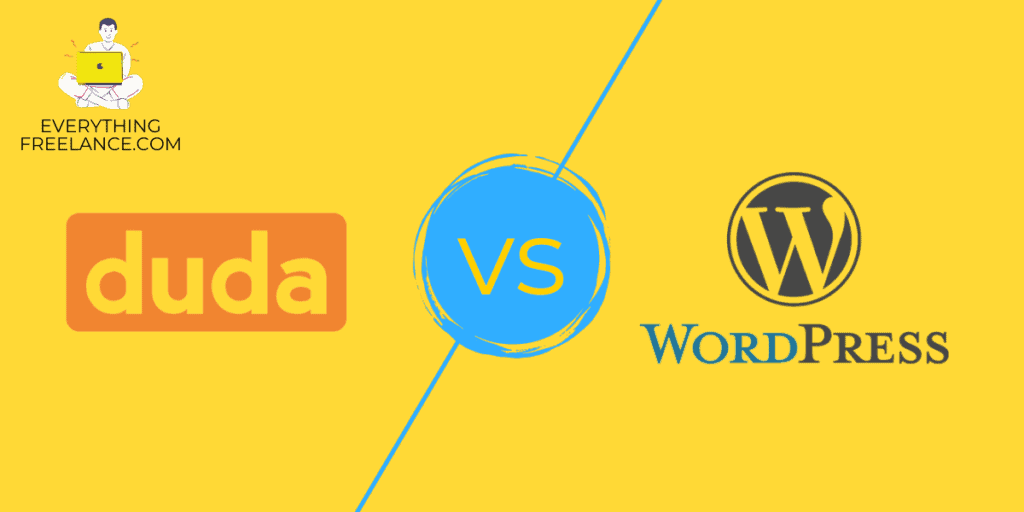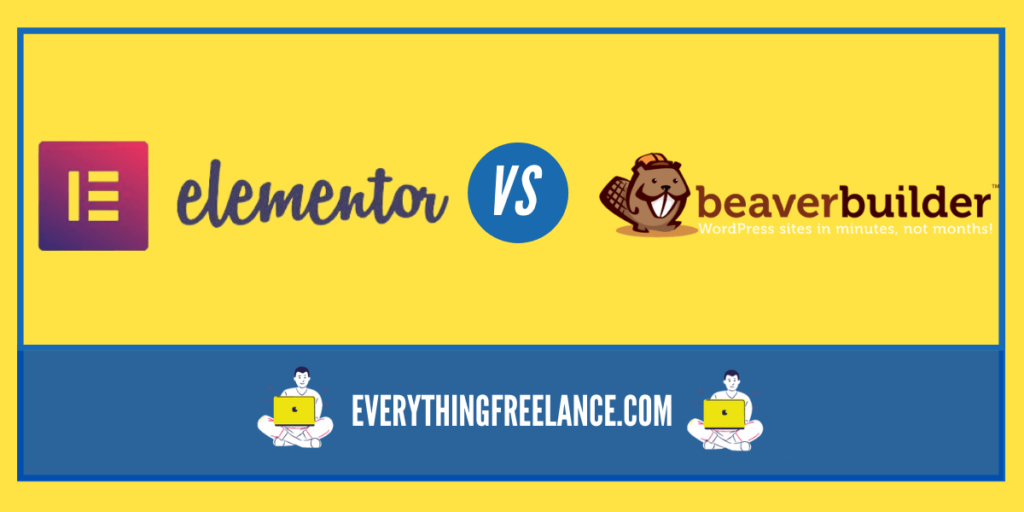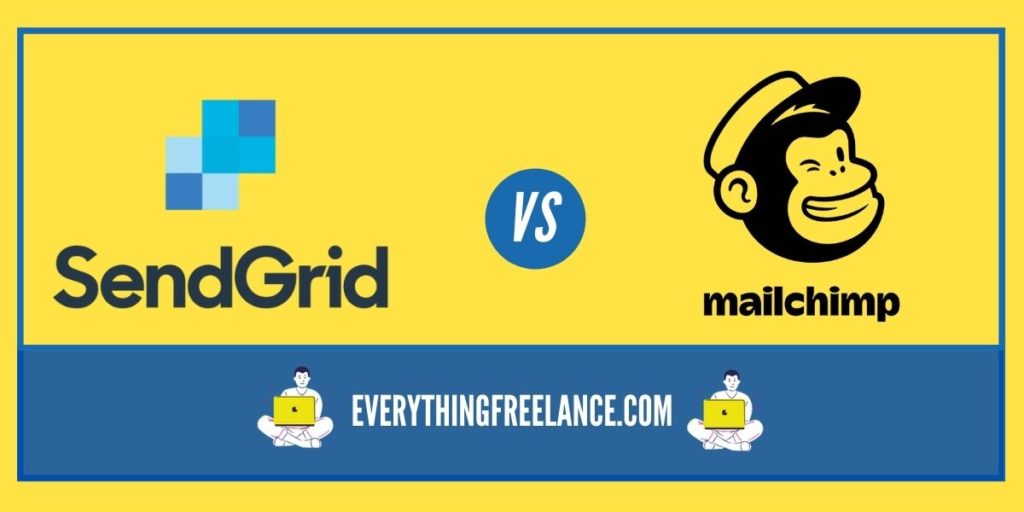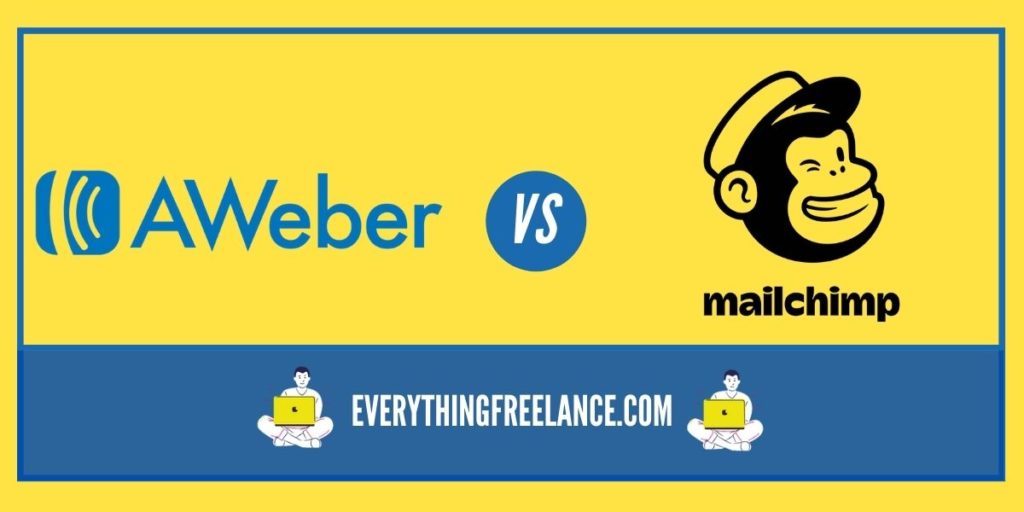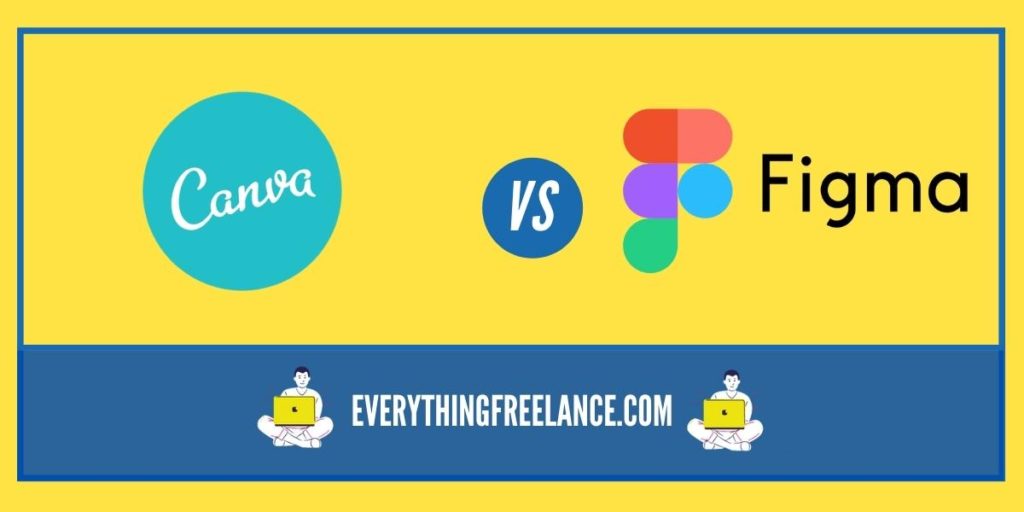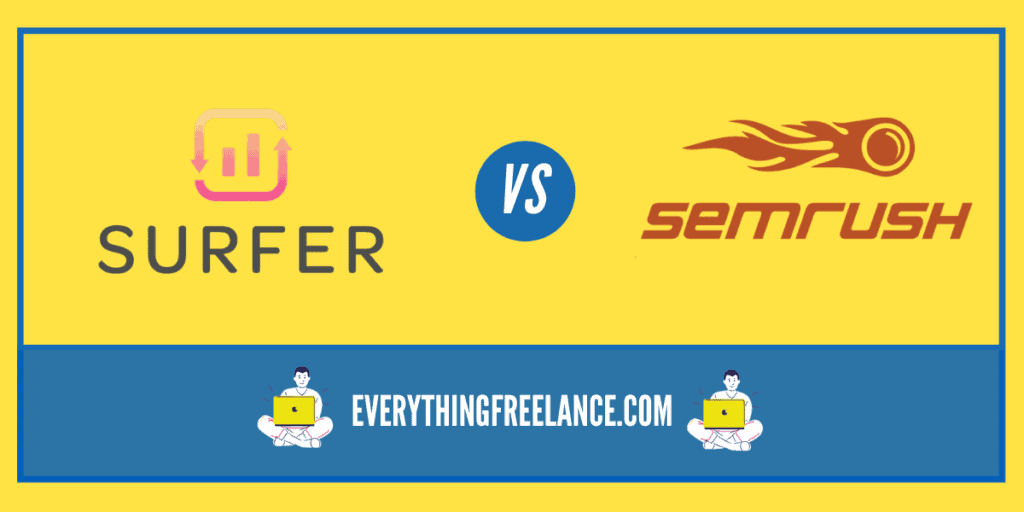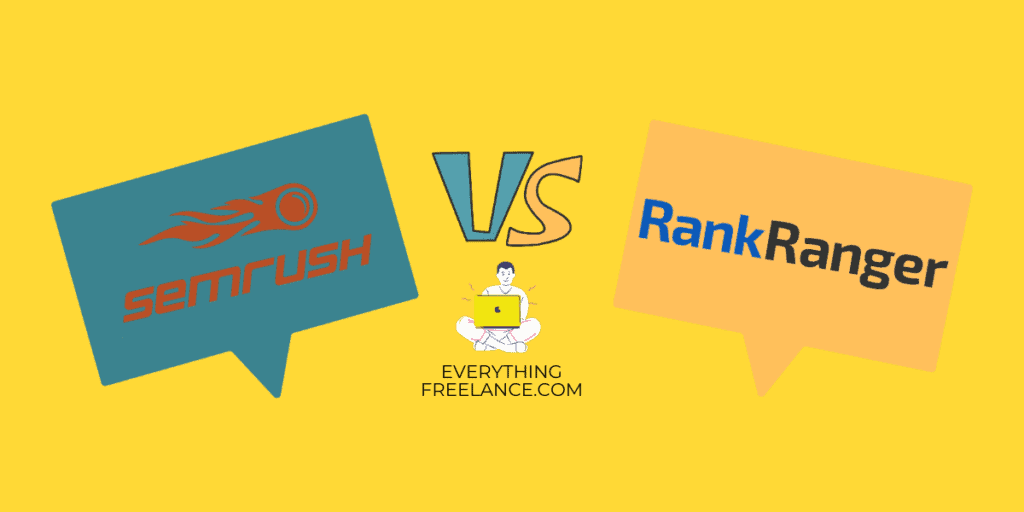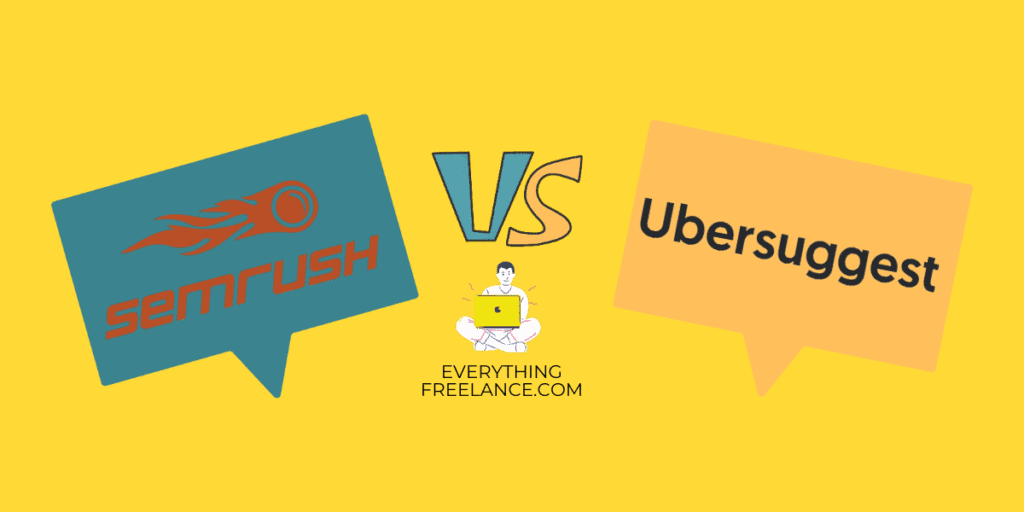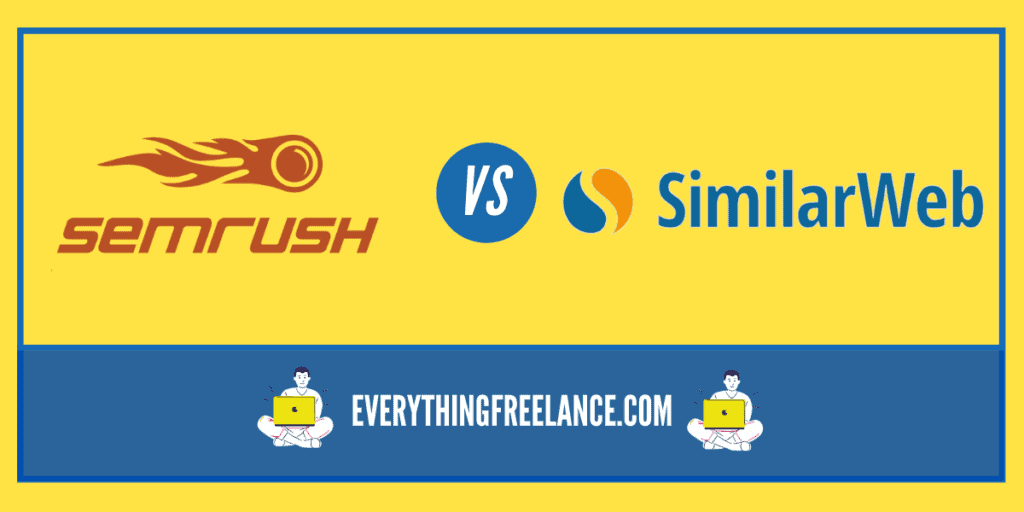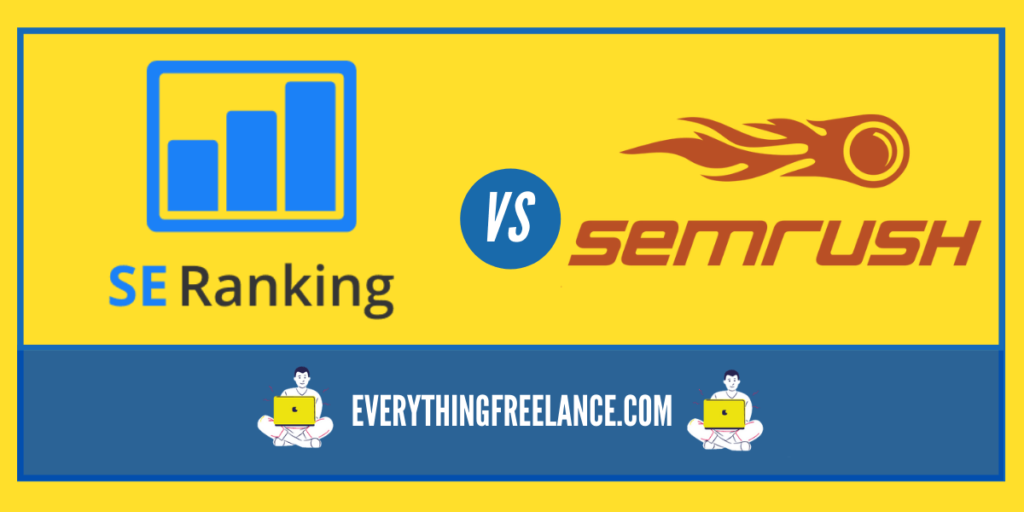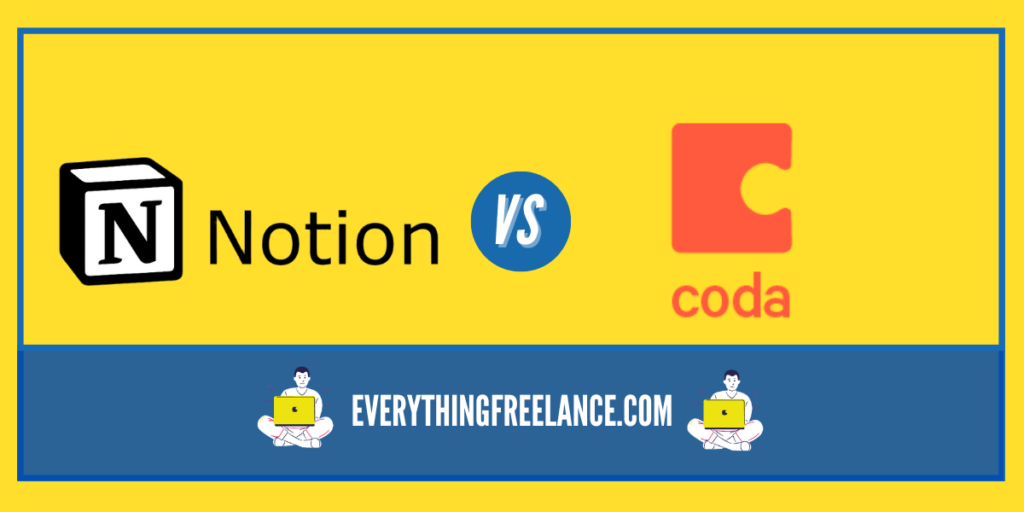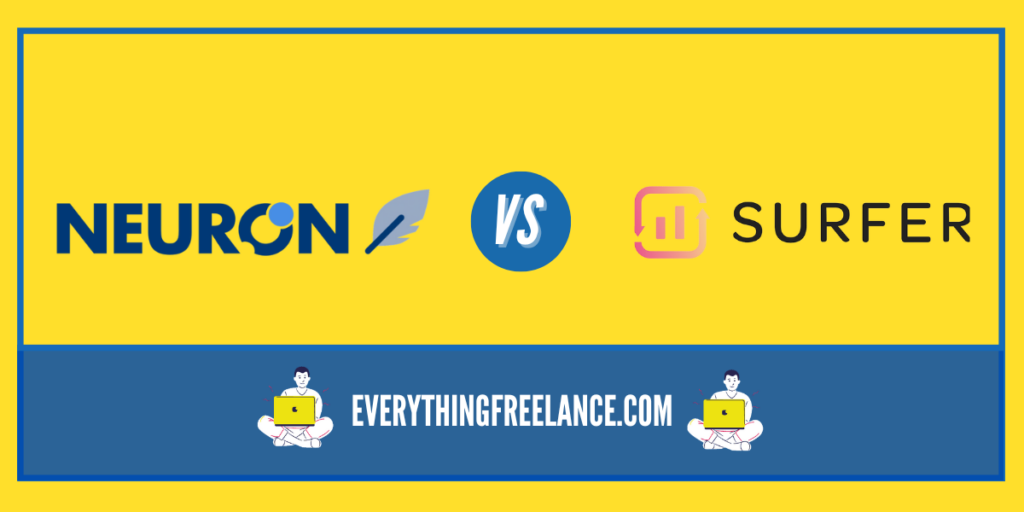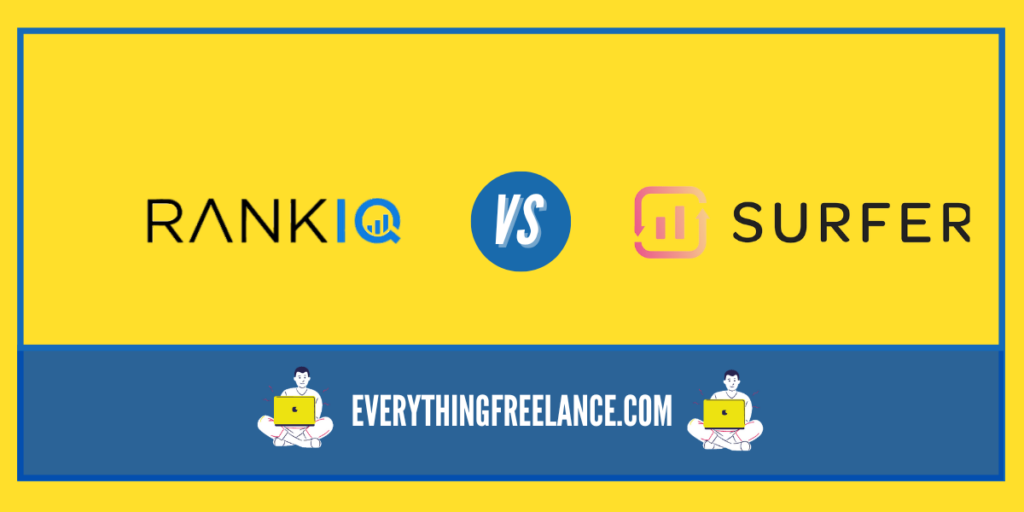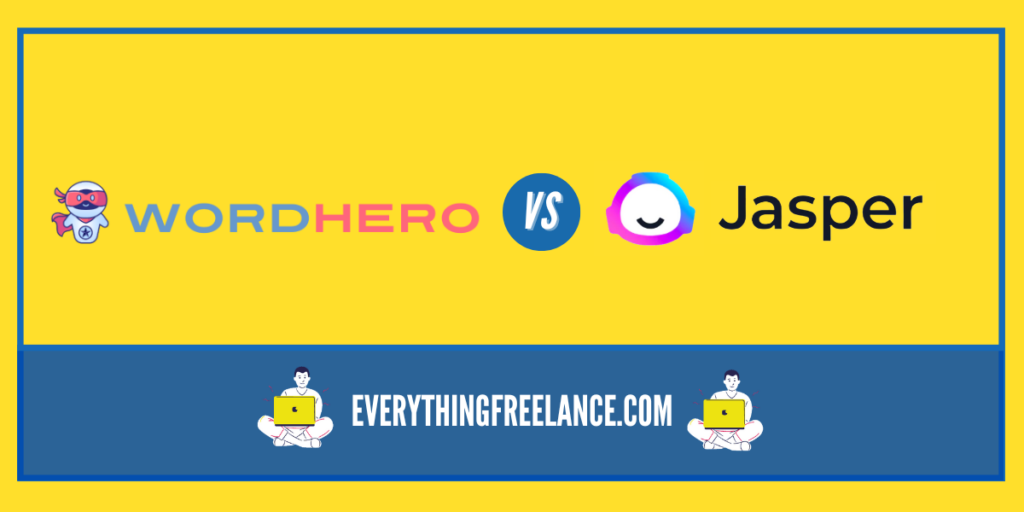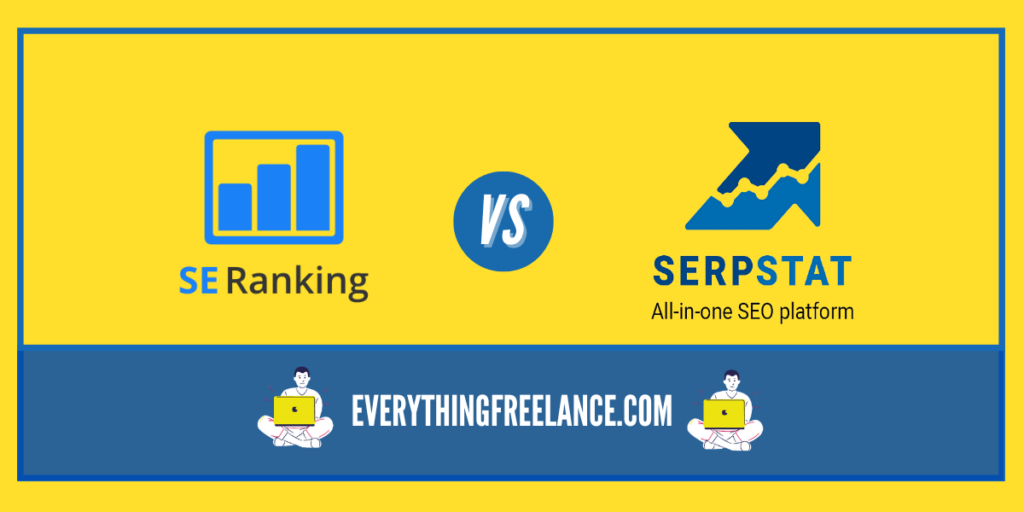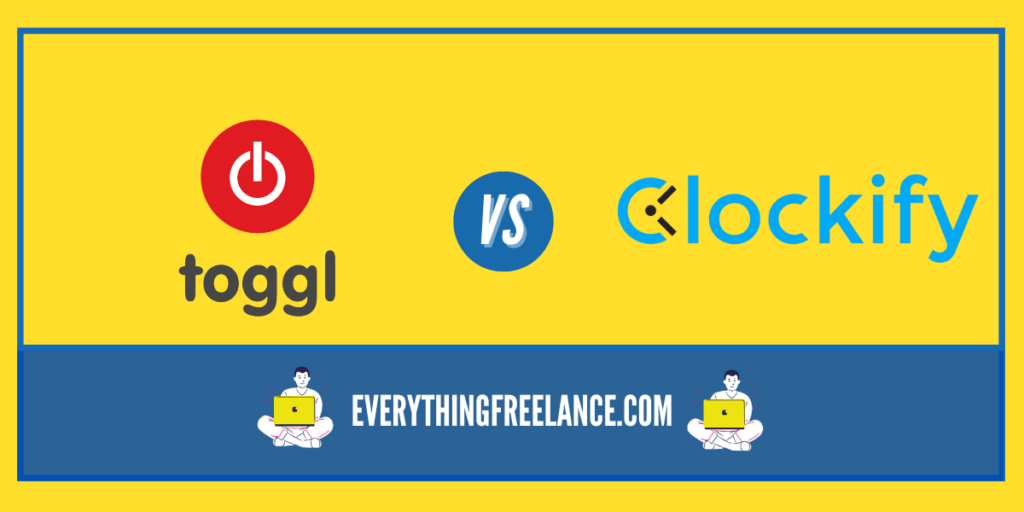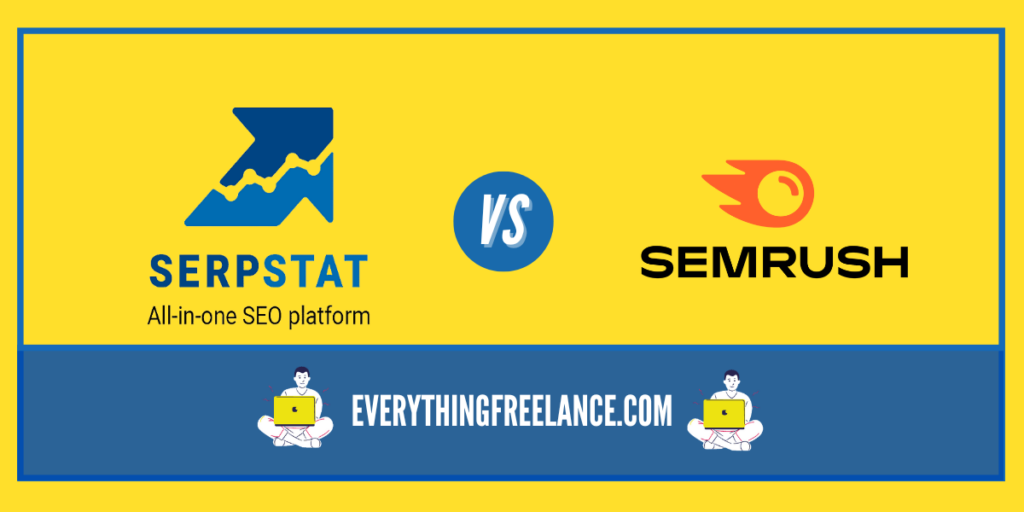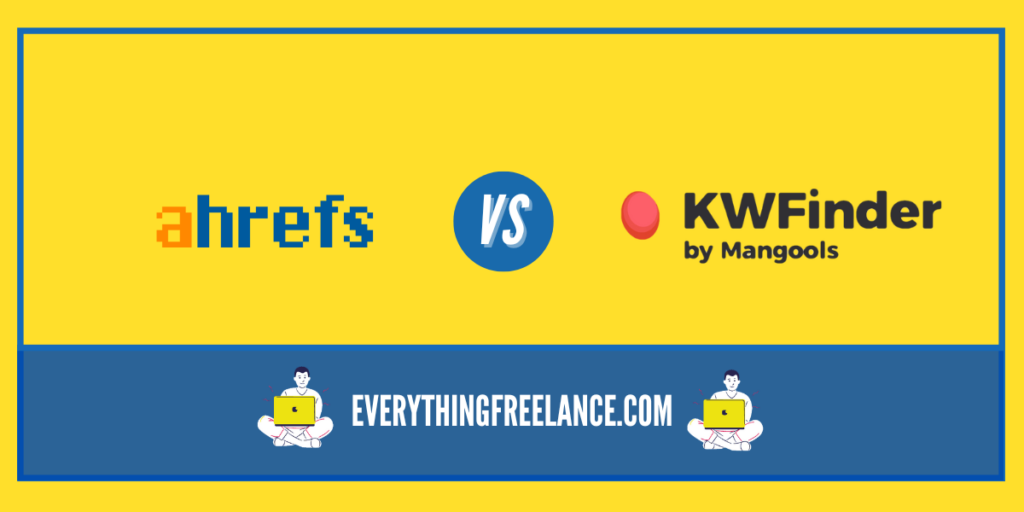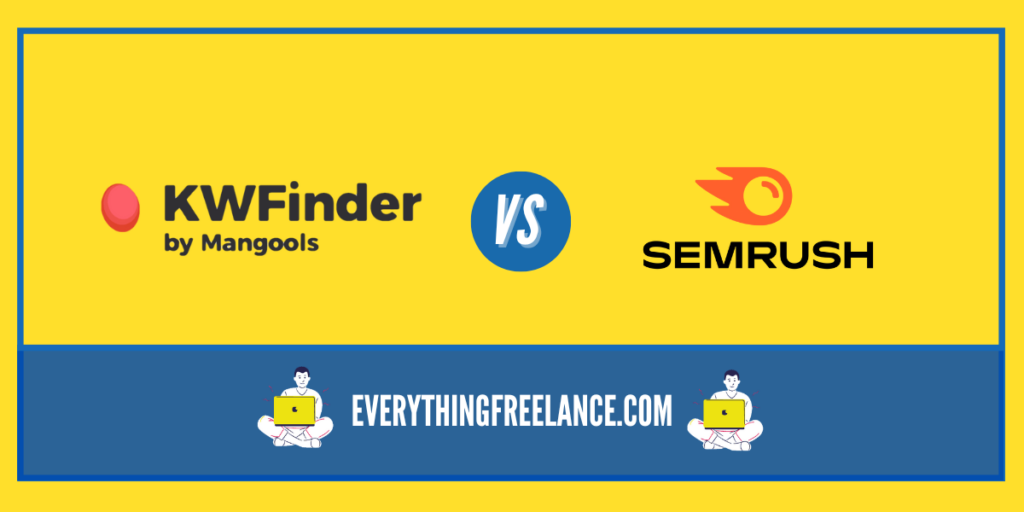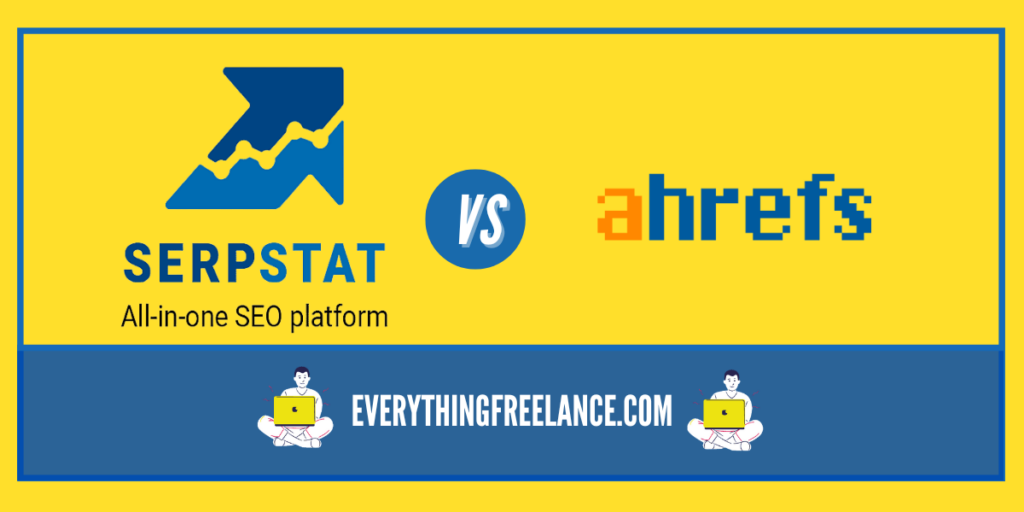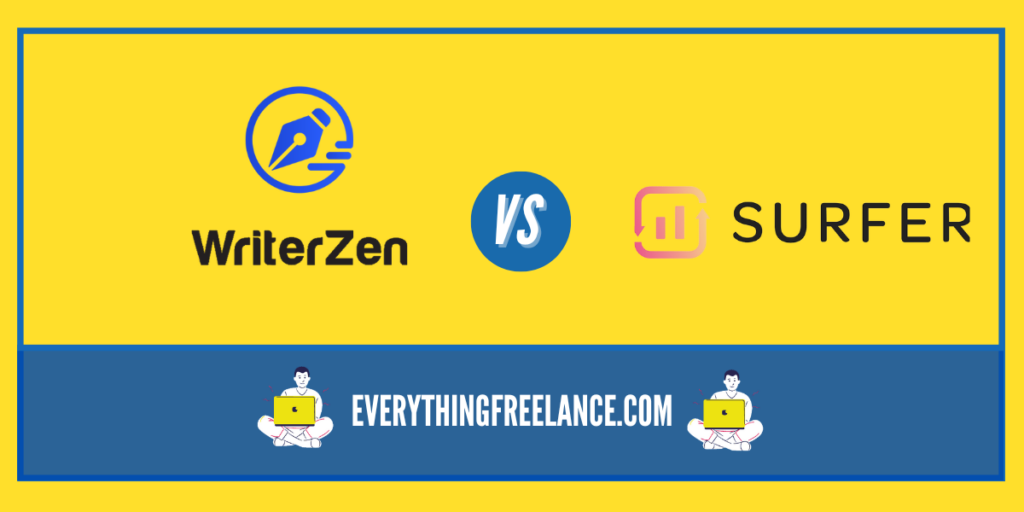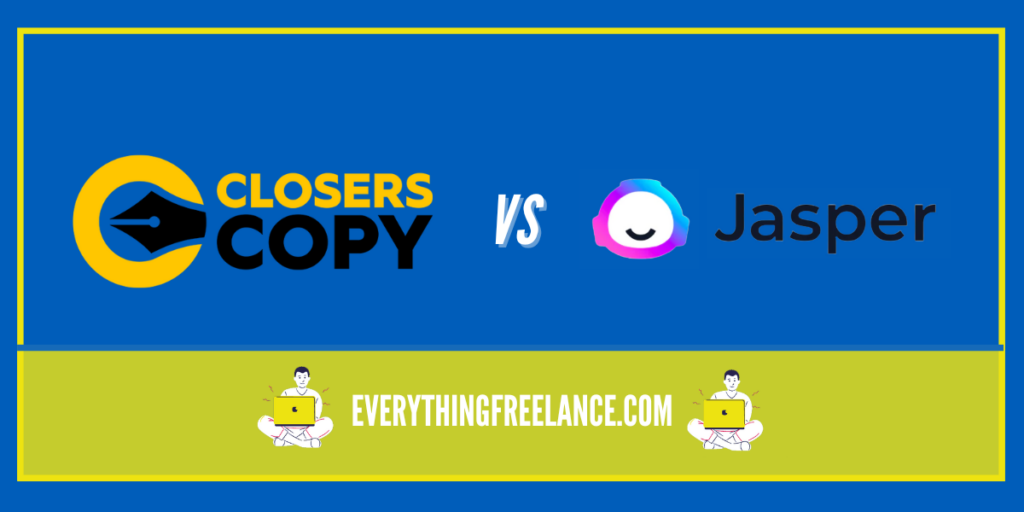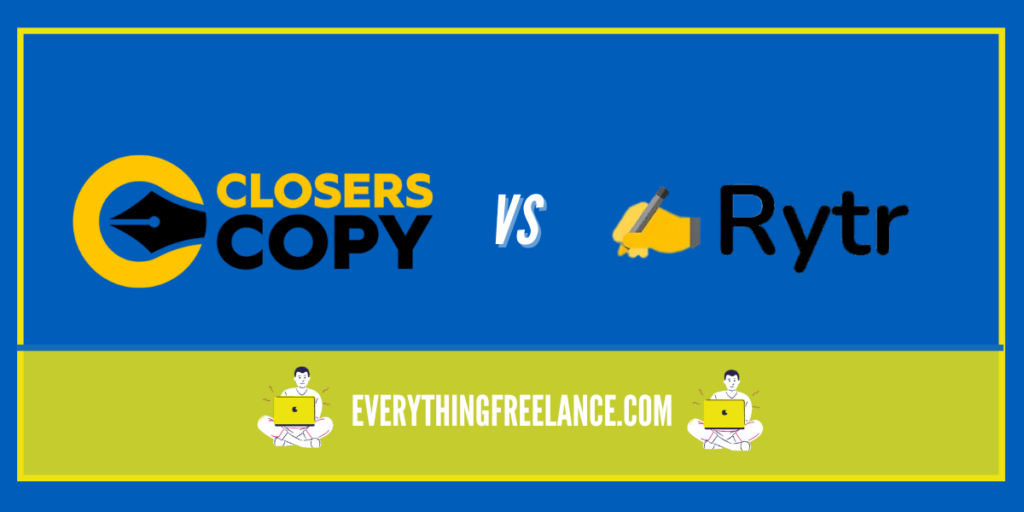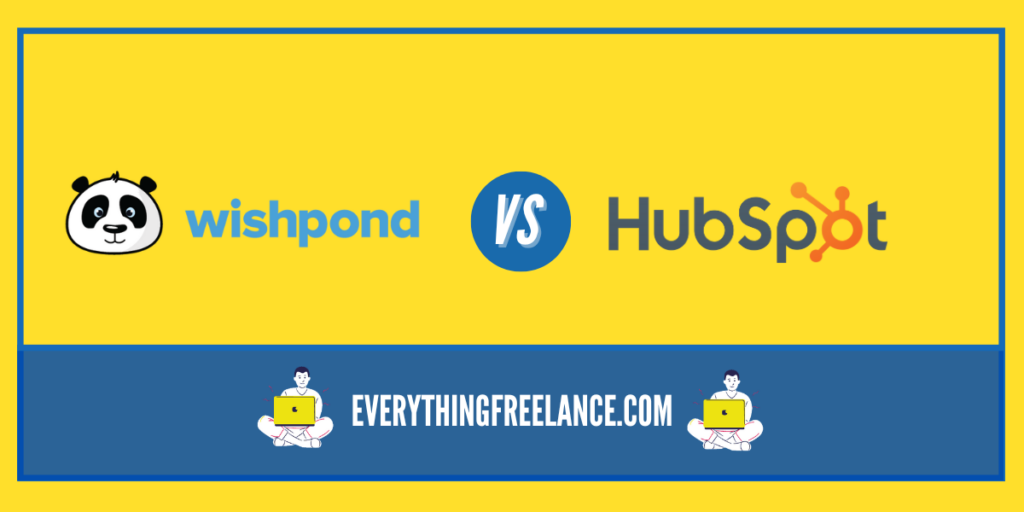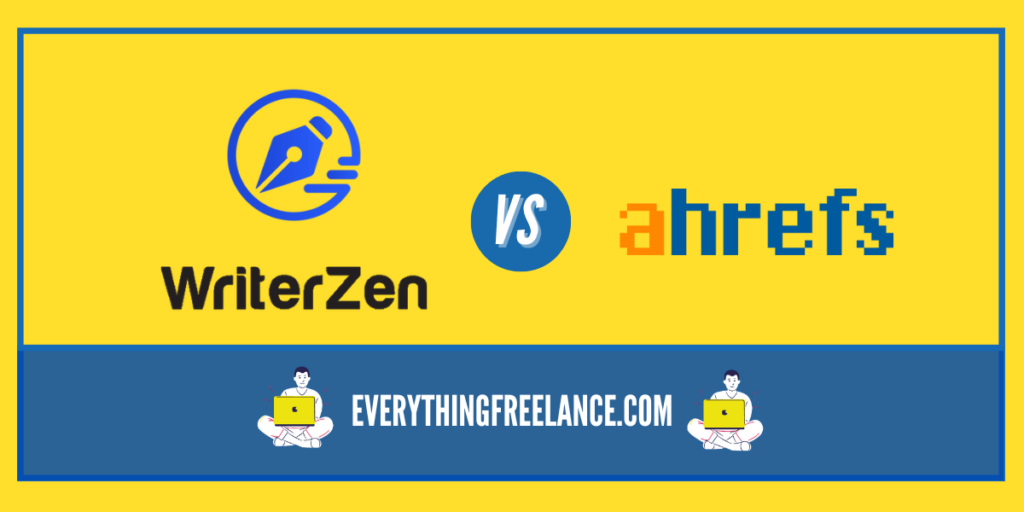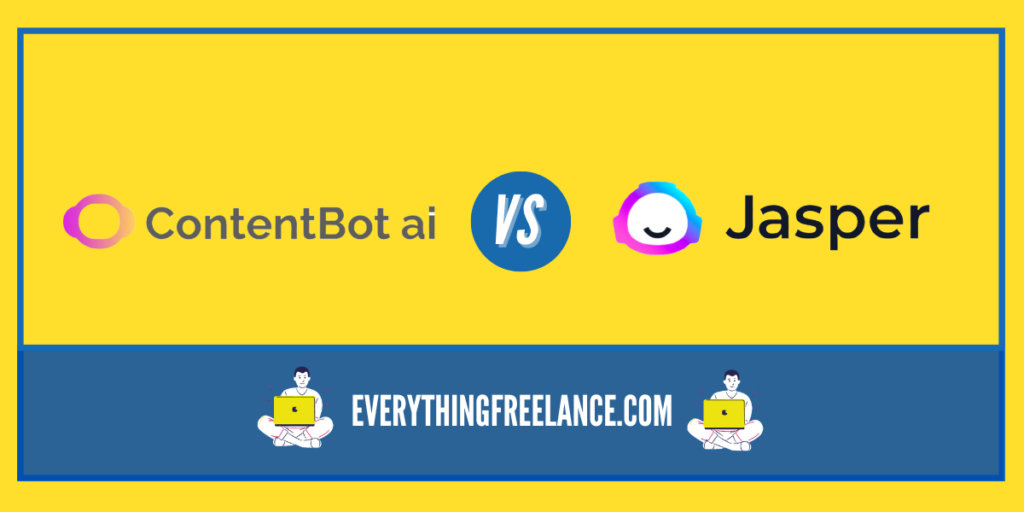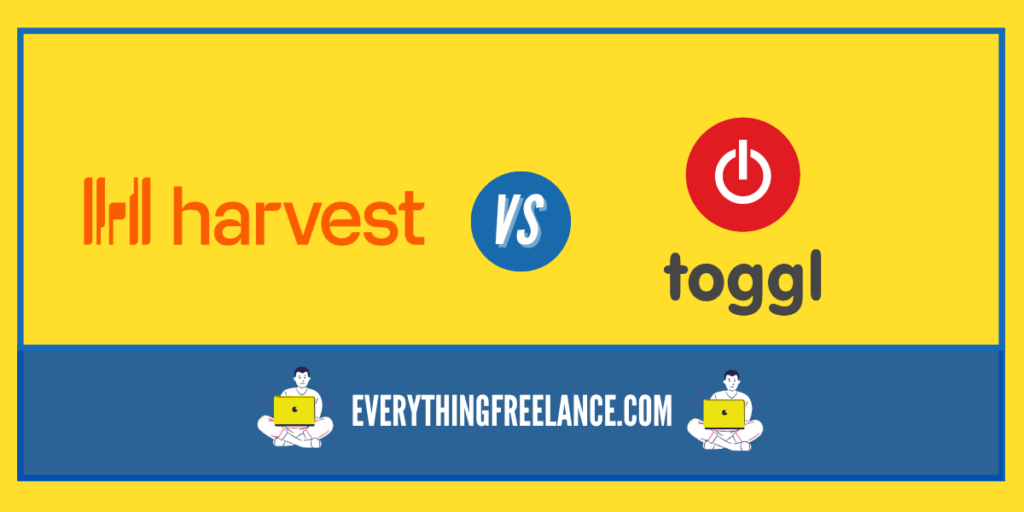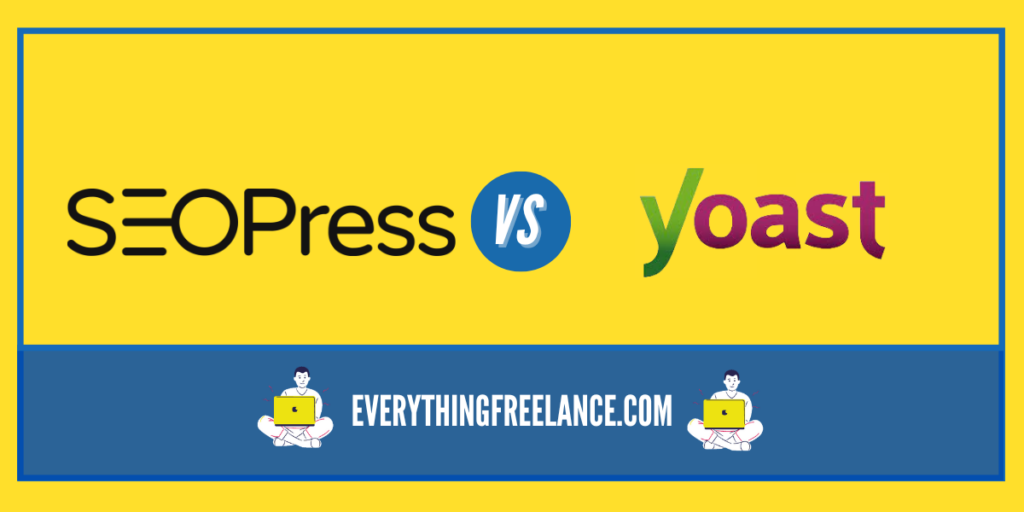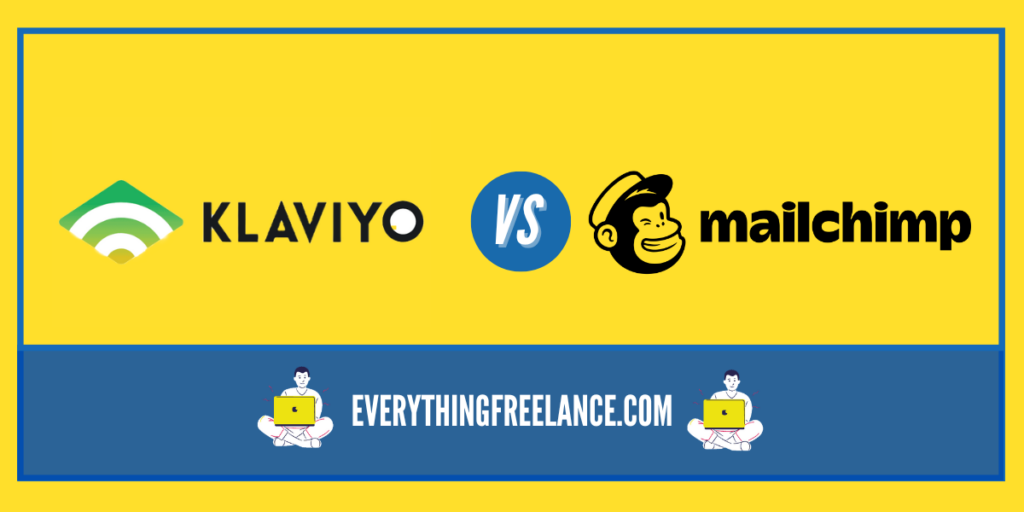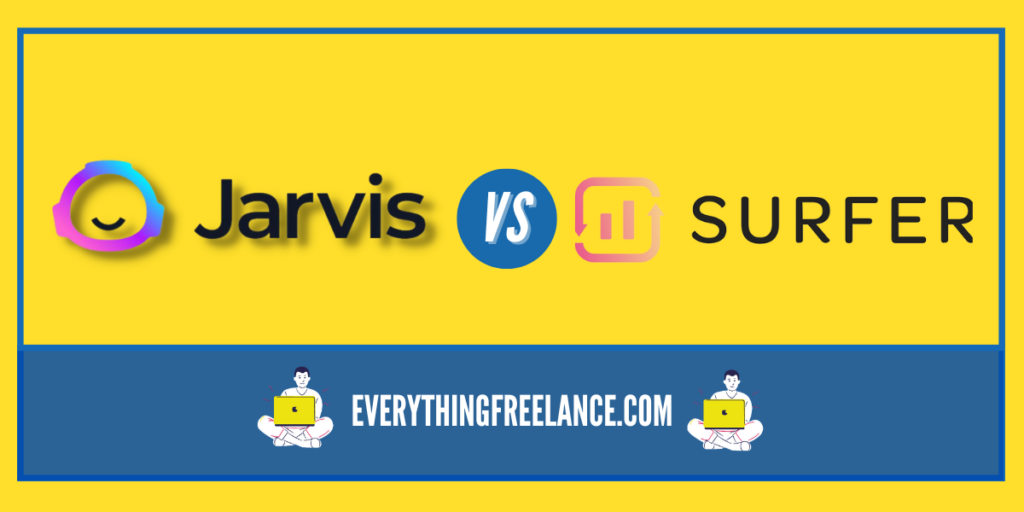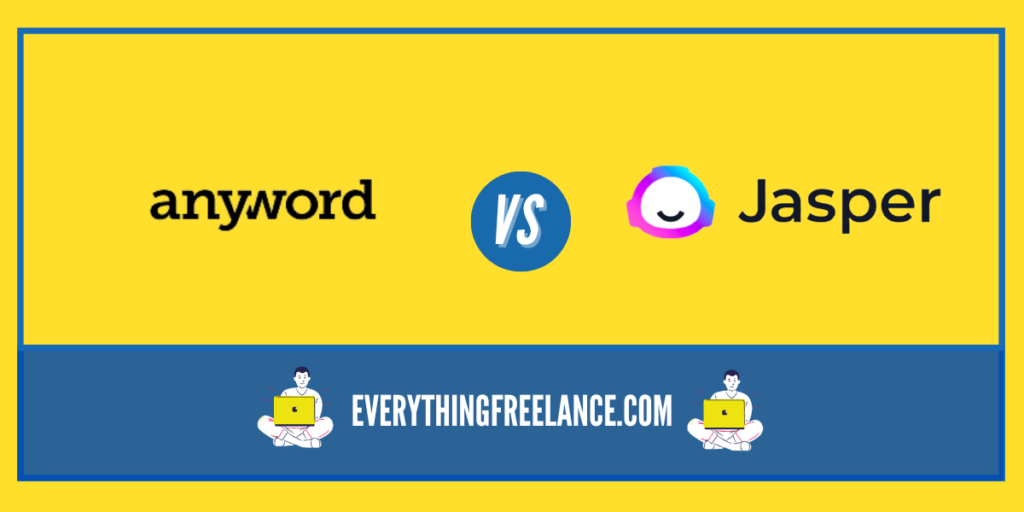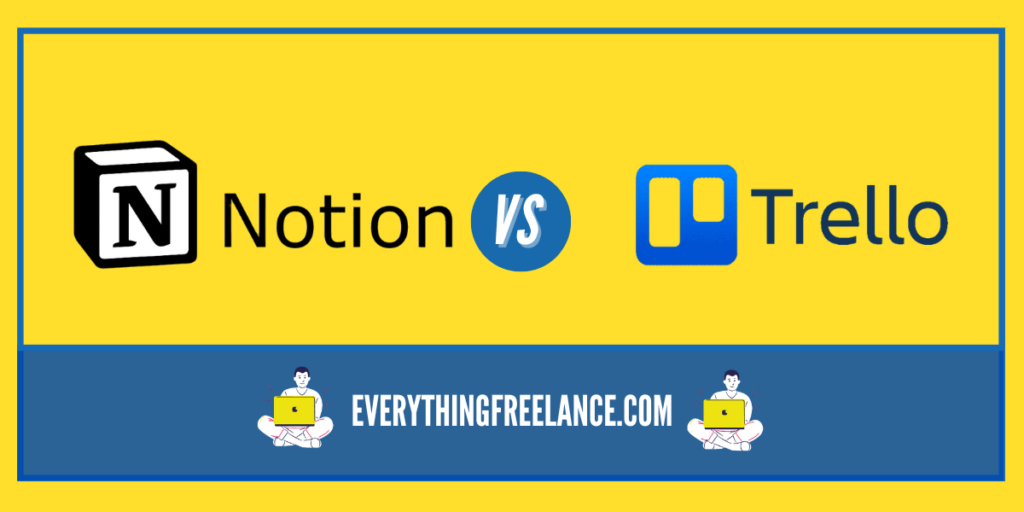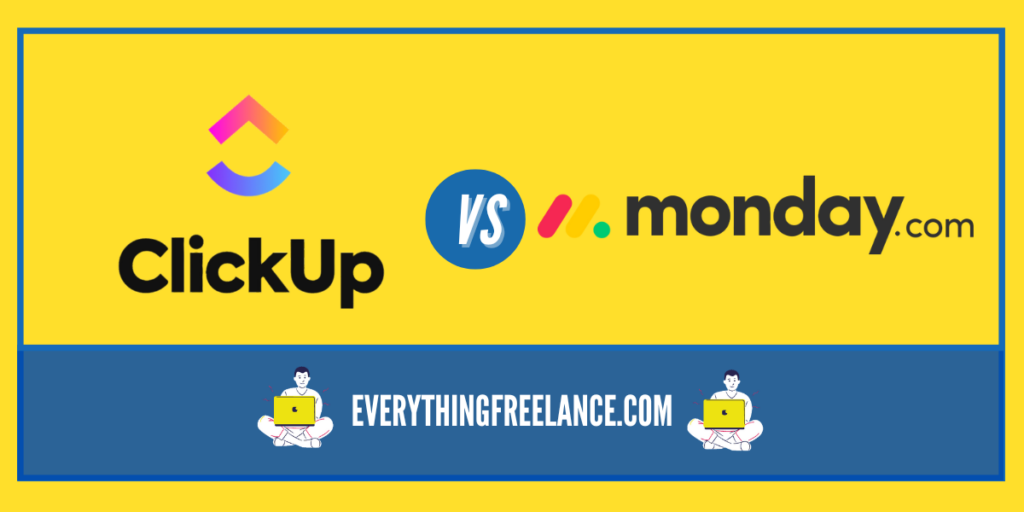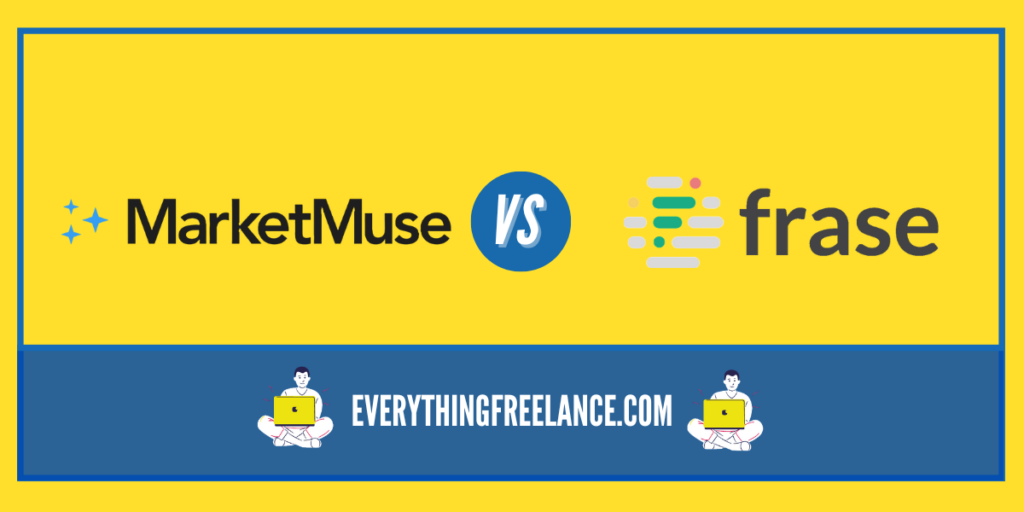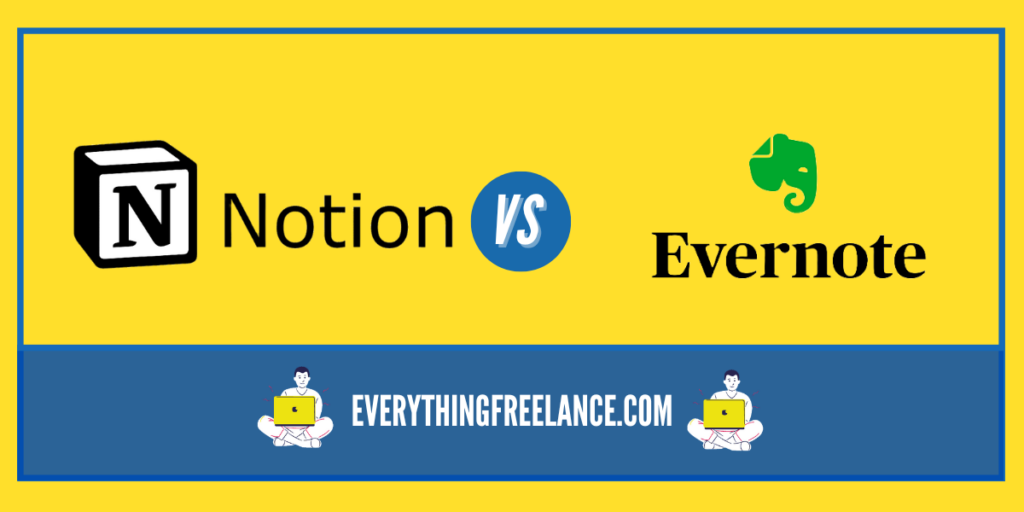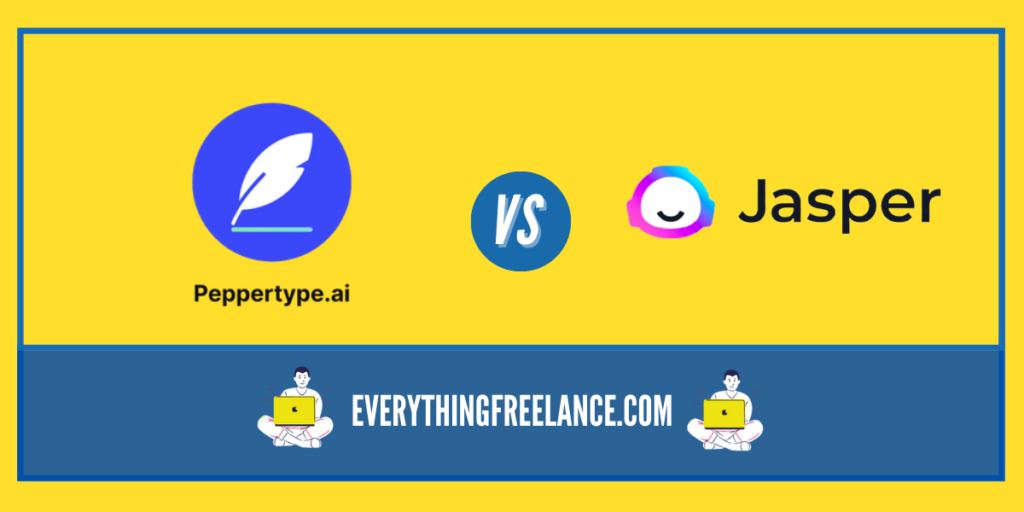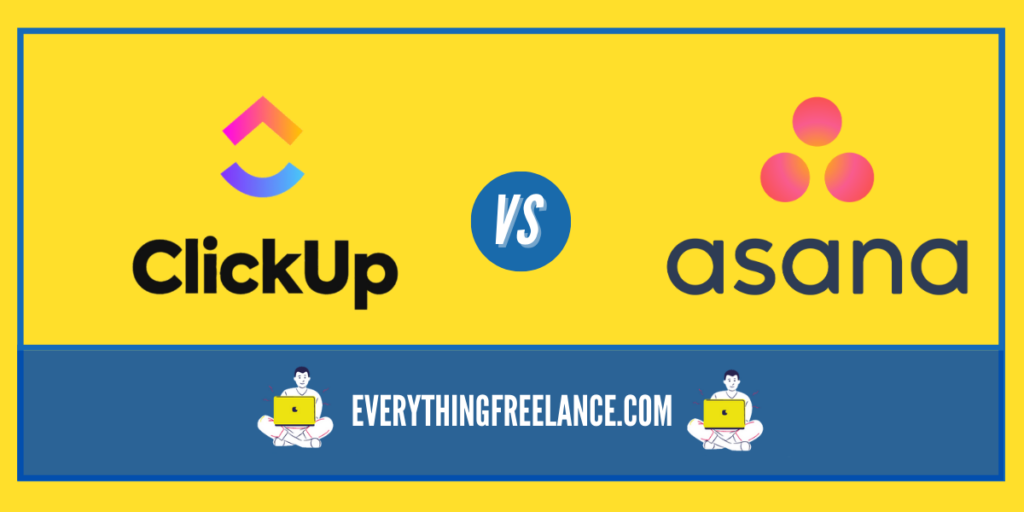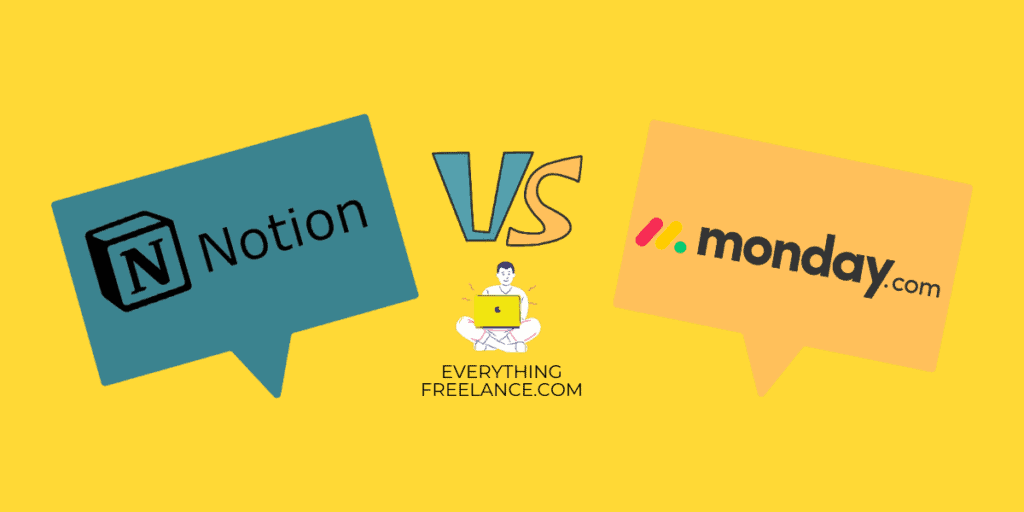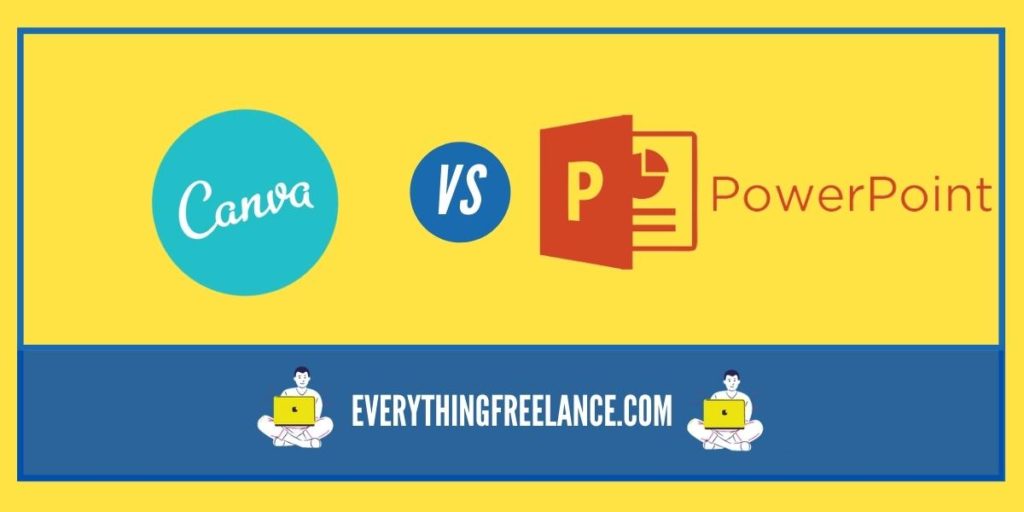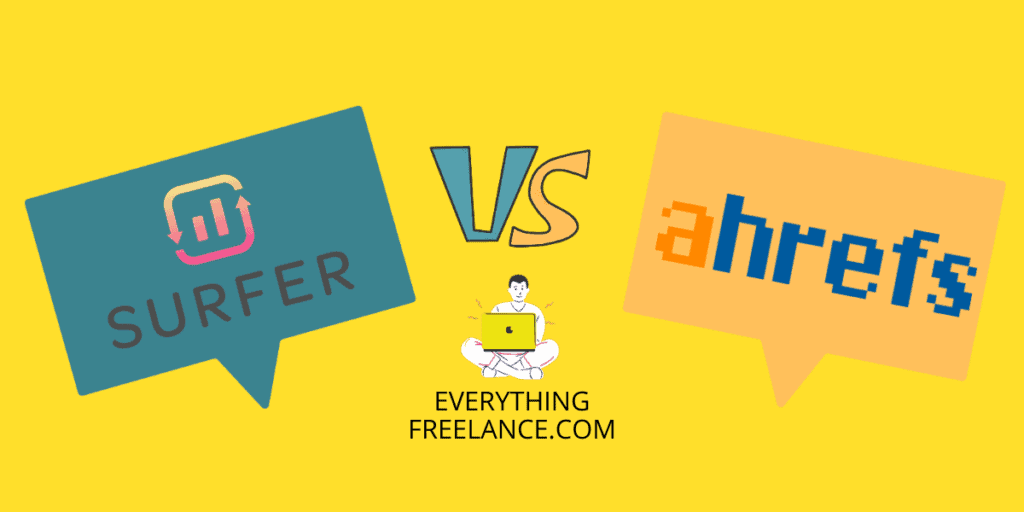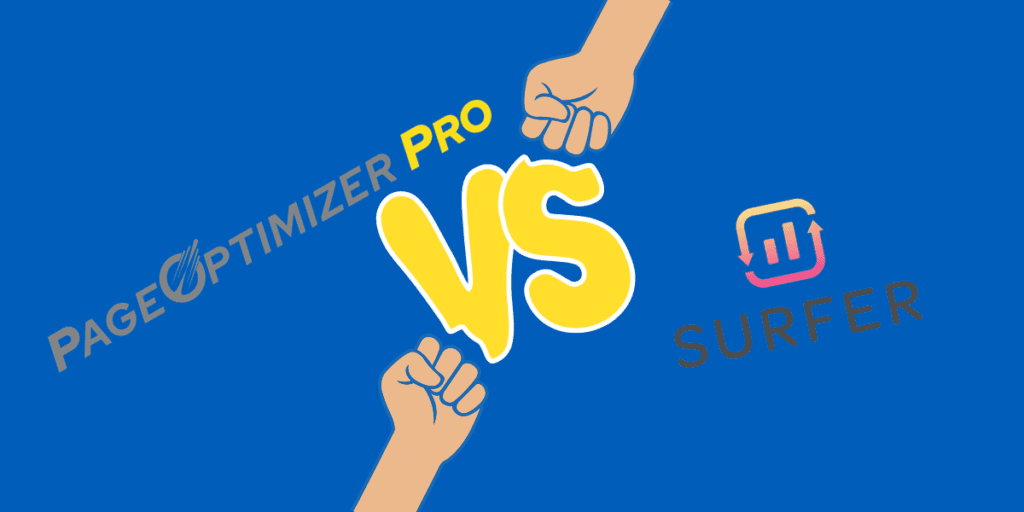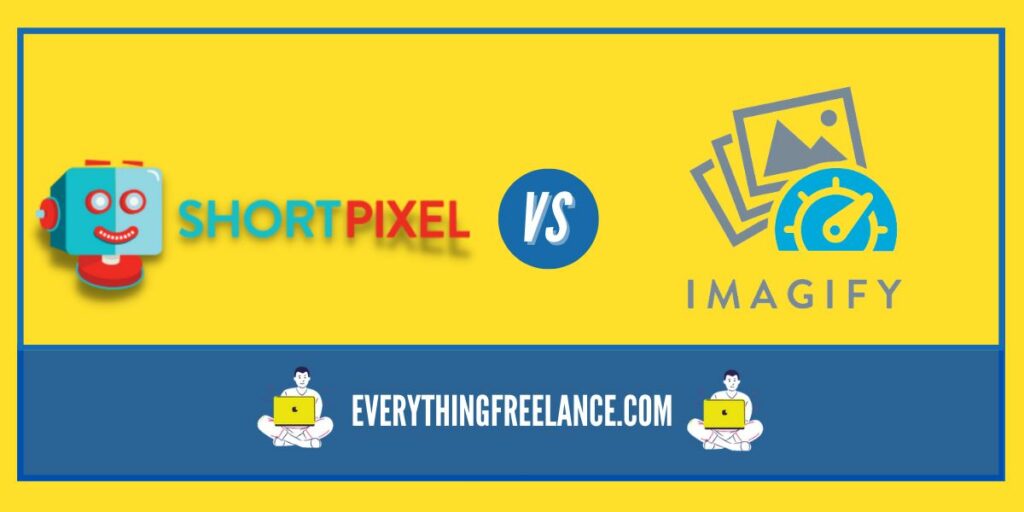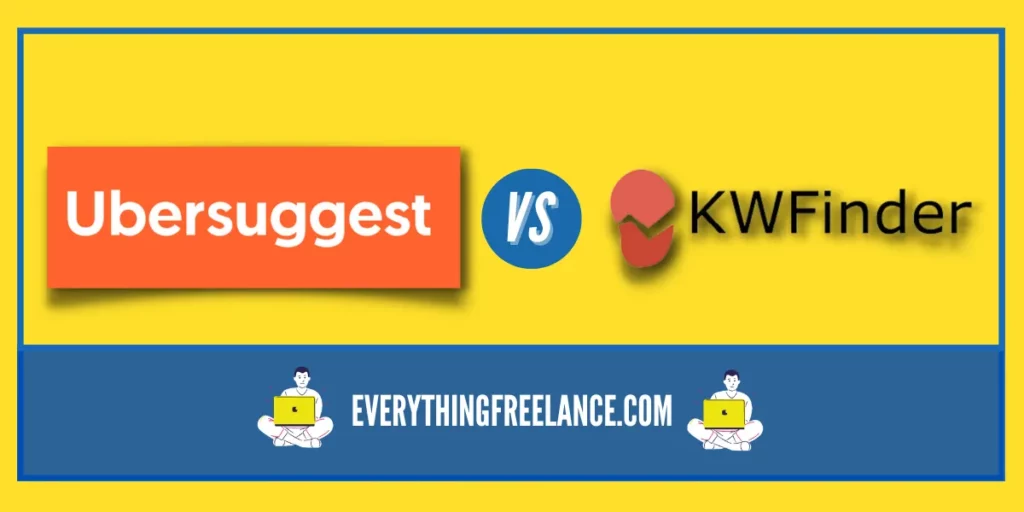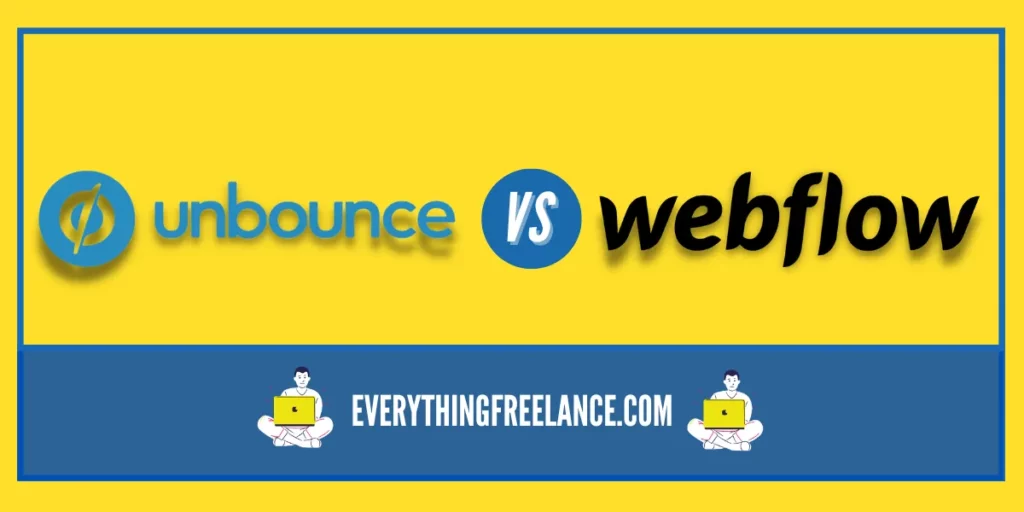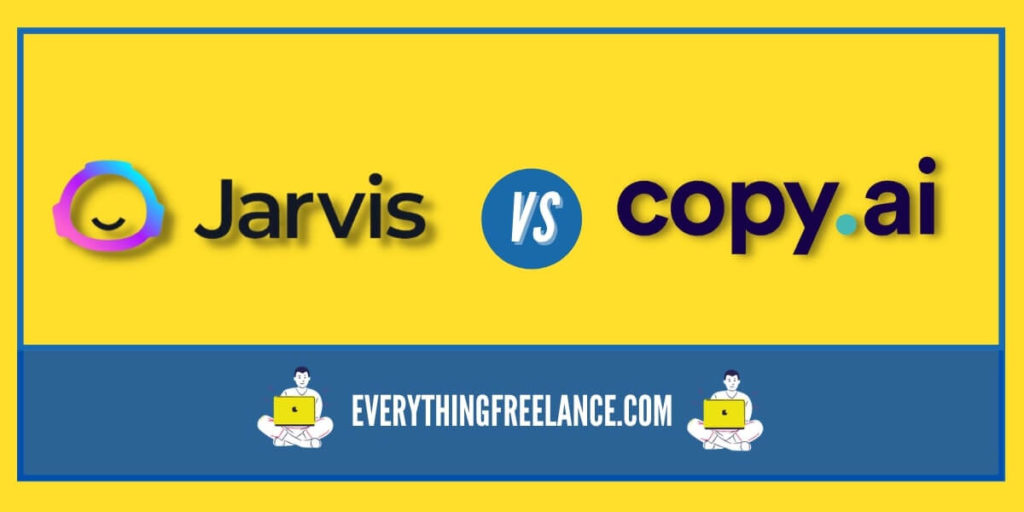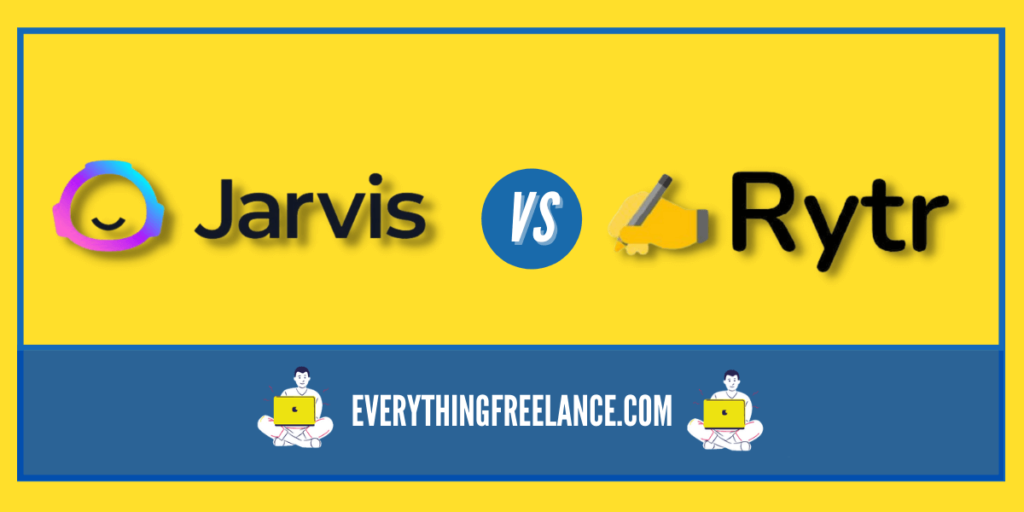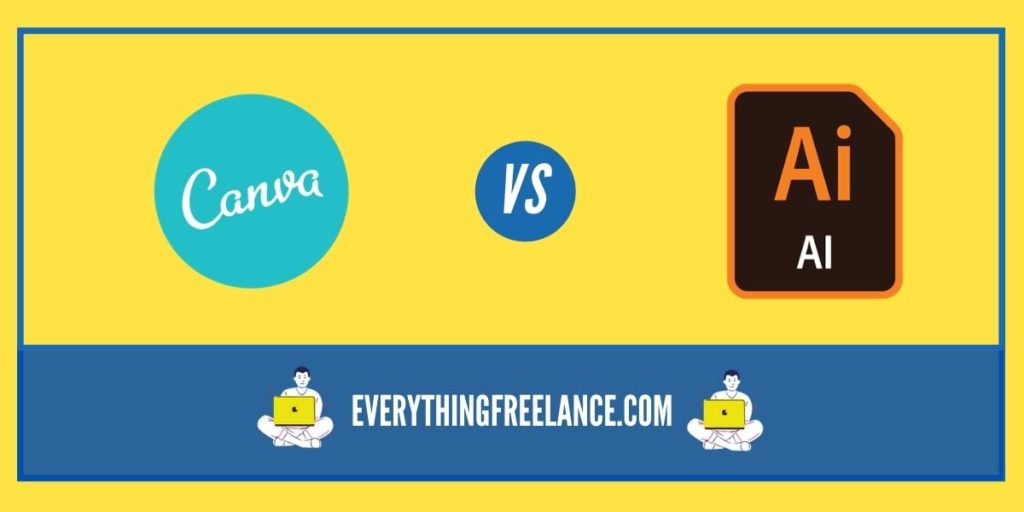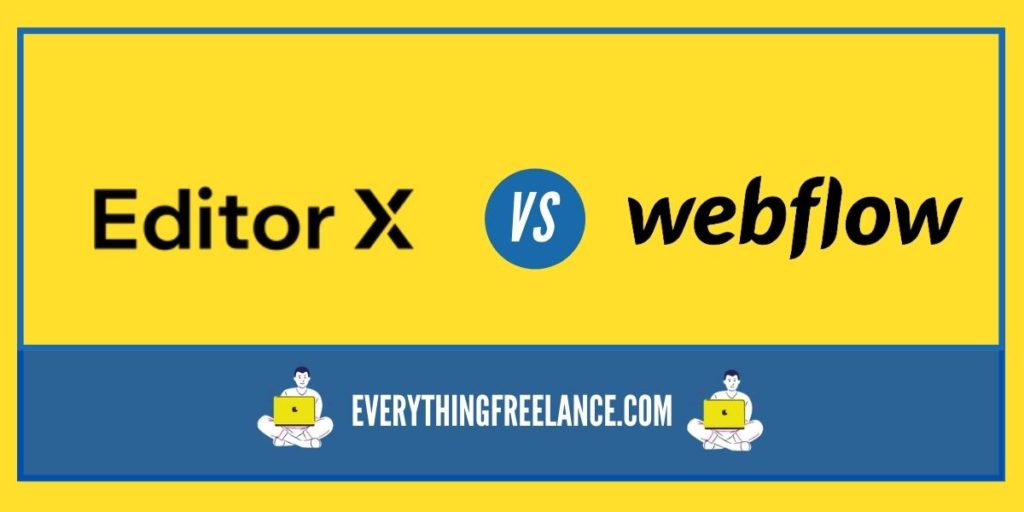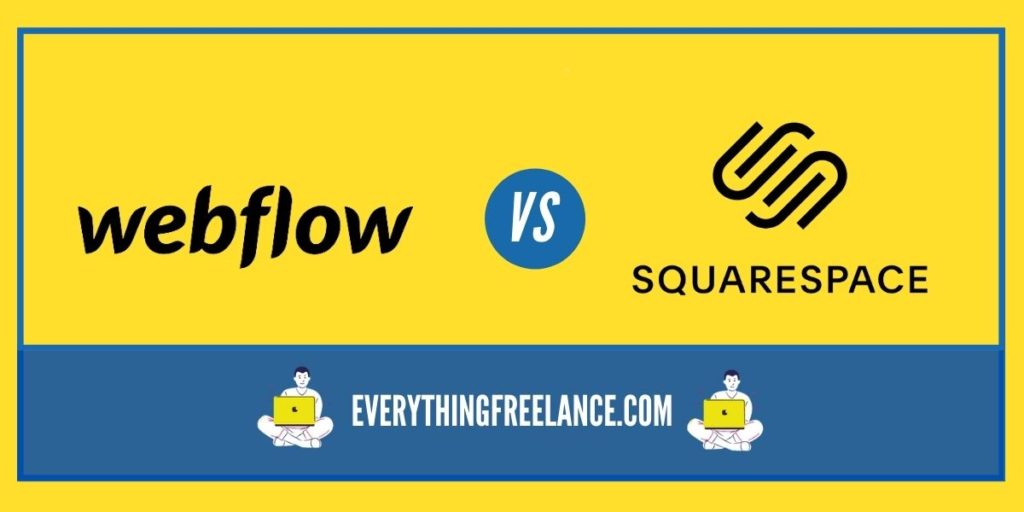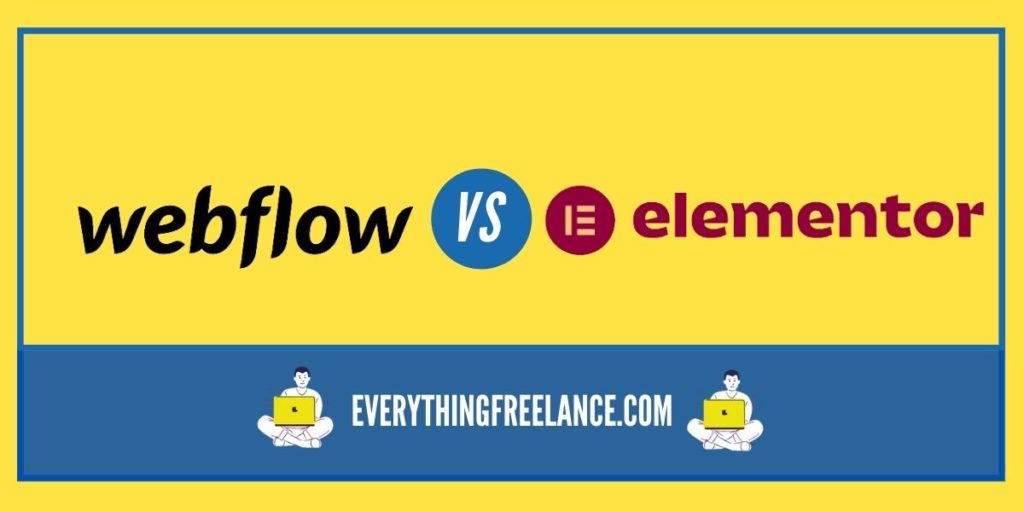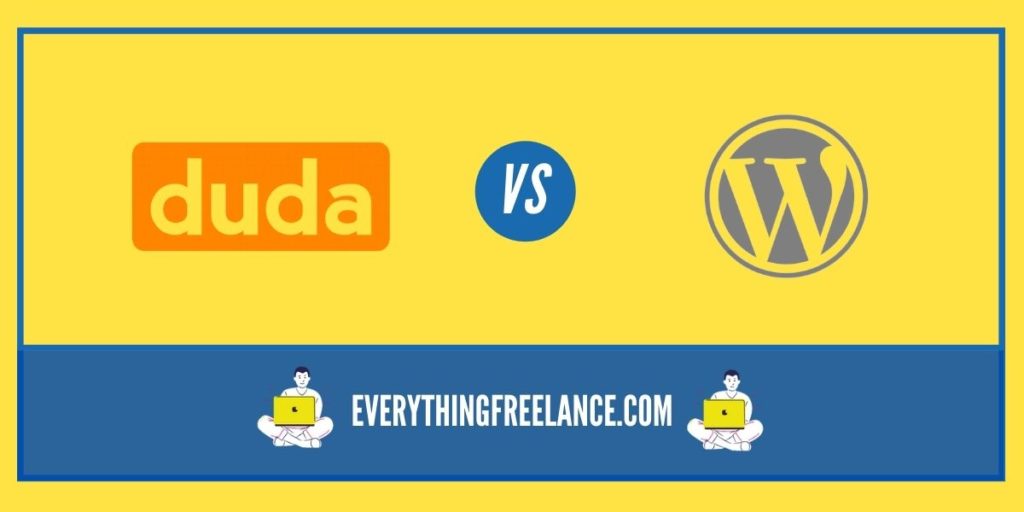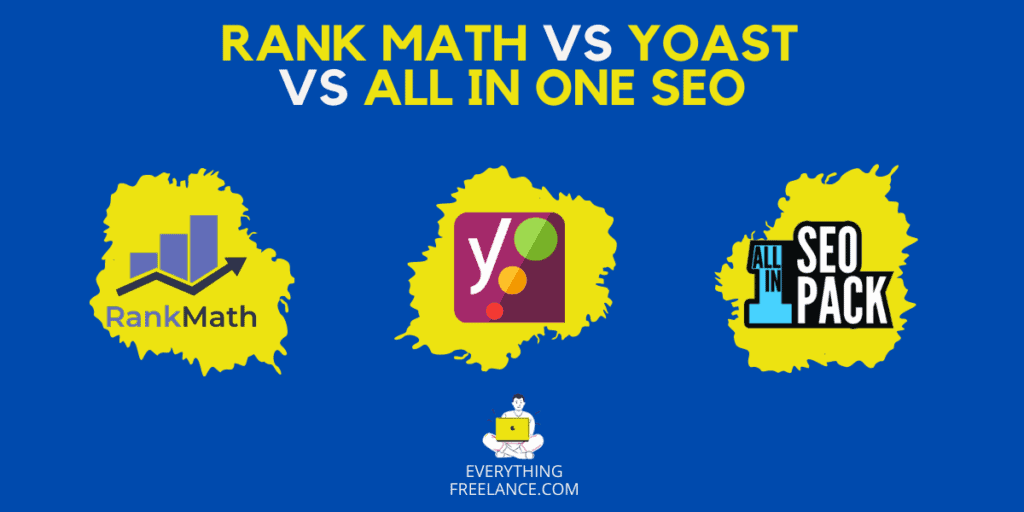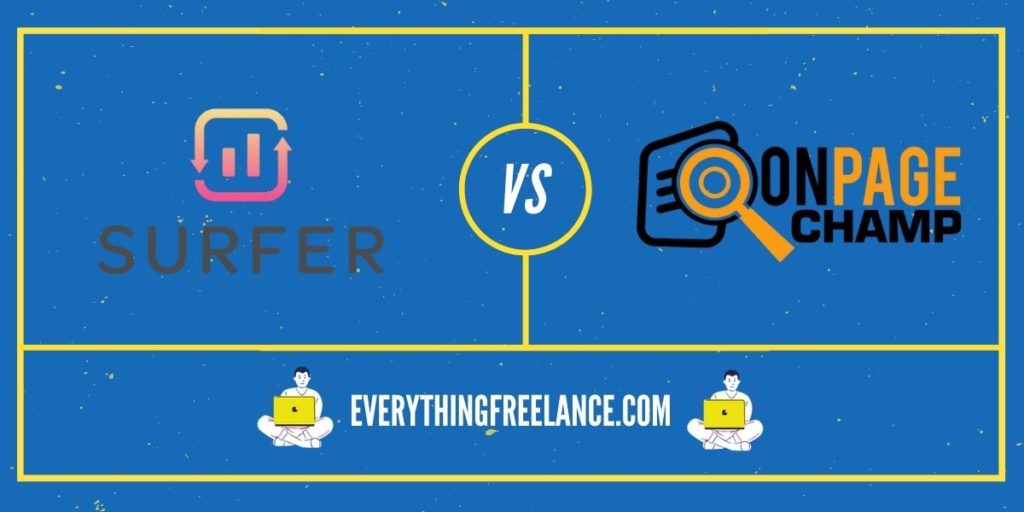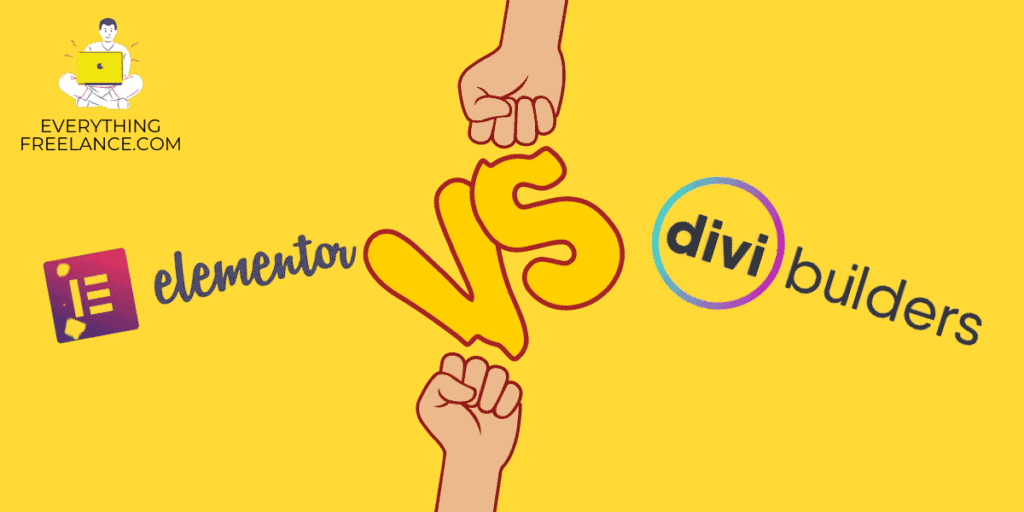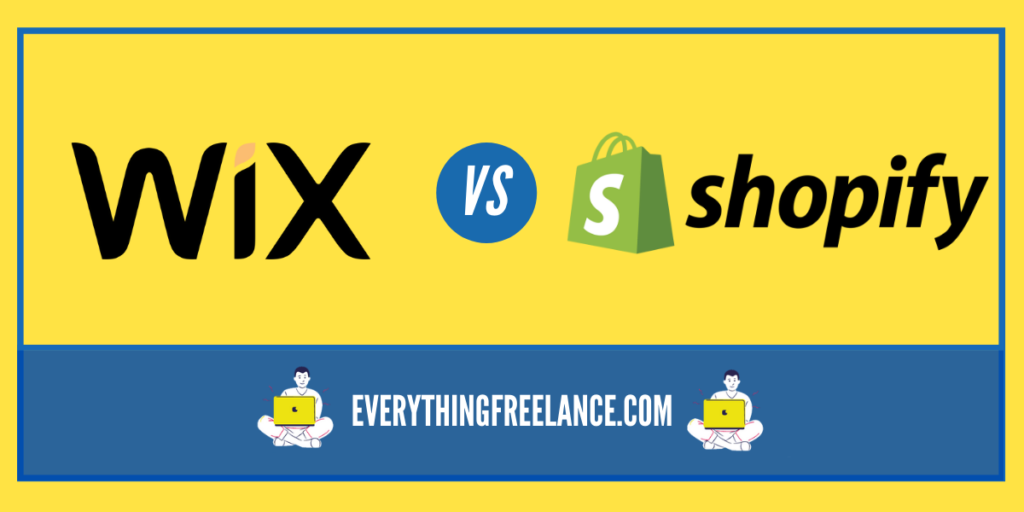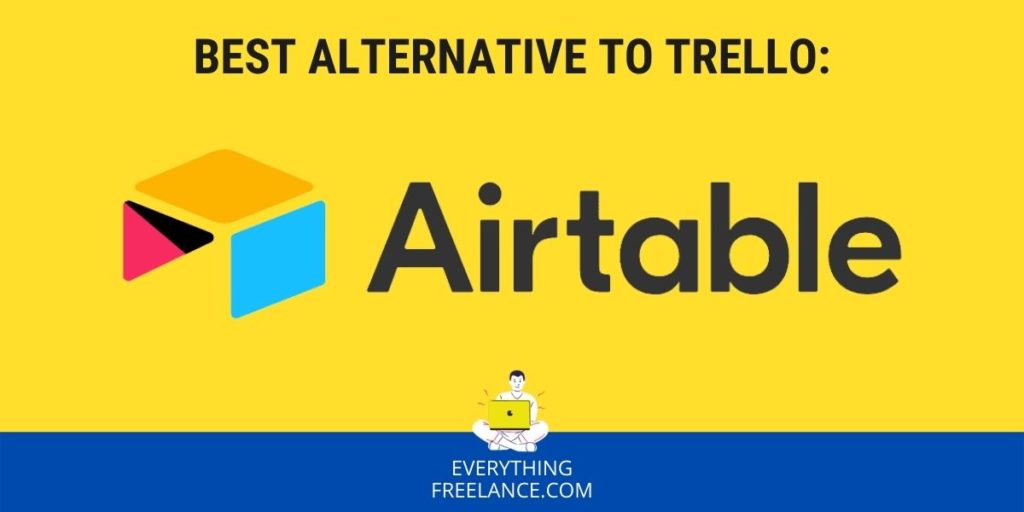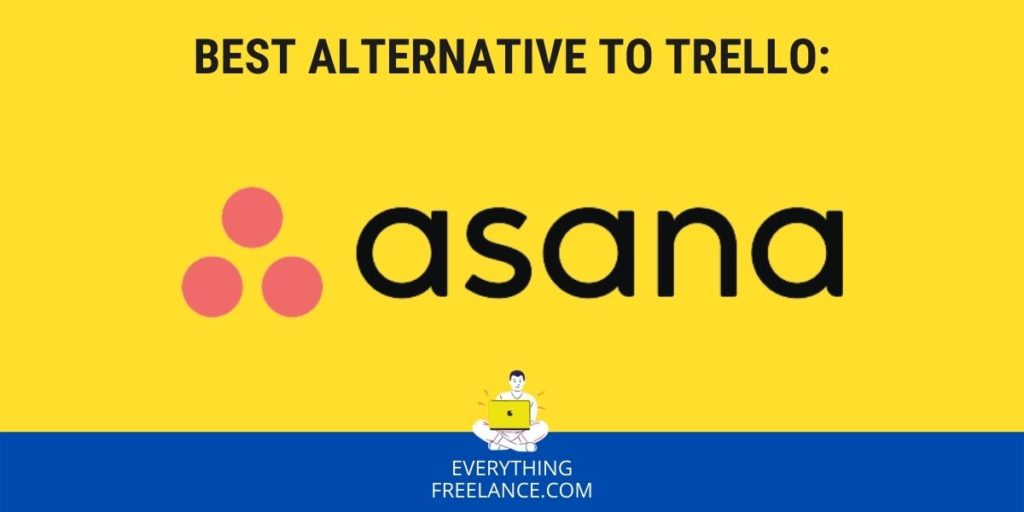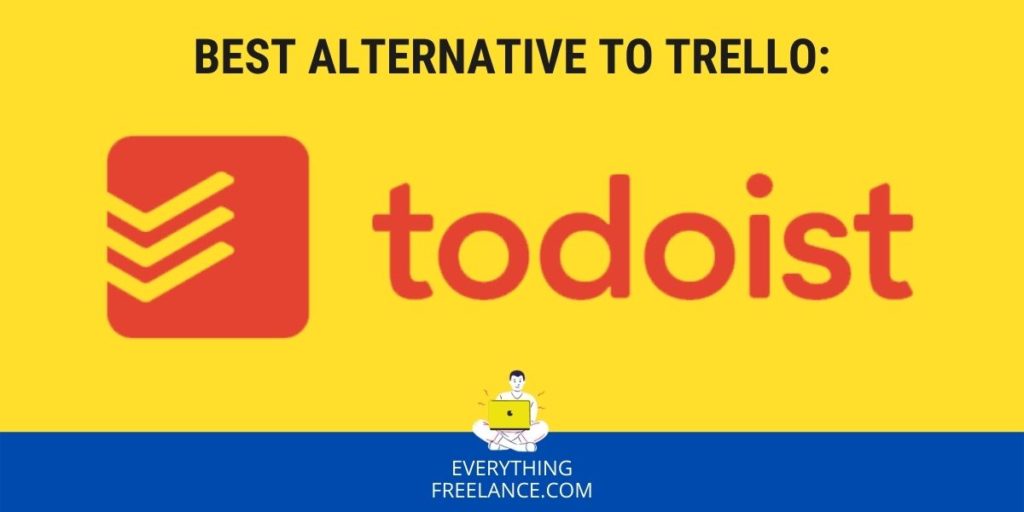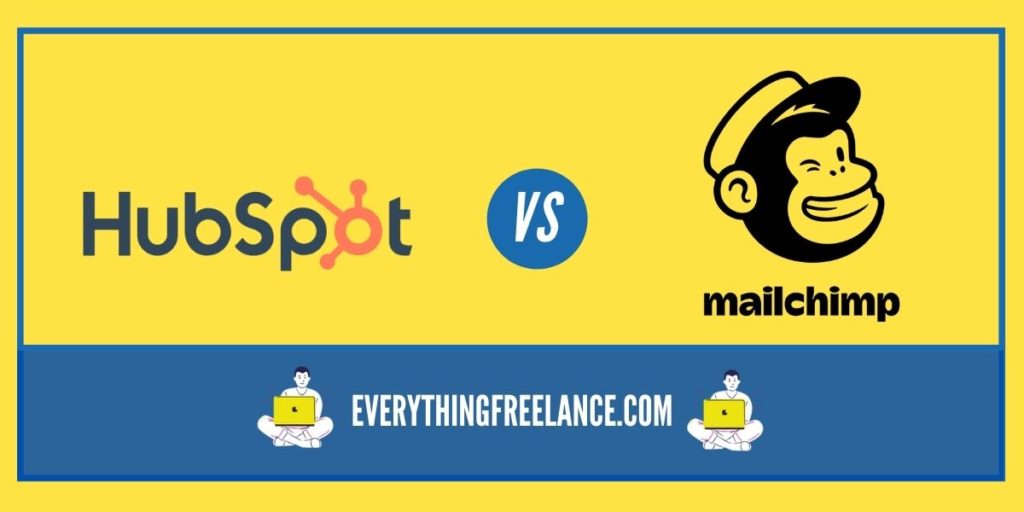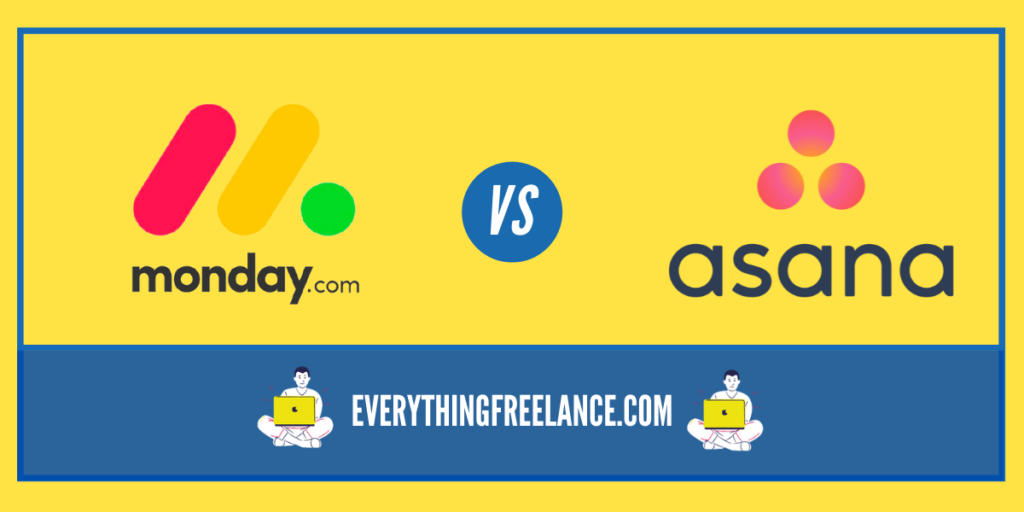Feeling eager to improve your lead generation but haven’t had too much inspiration coming up with content?
If you’re looking for something to power up your web content game, look no further than the two best AI-driven writing tools – Anyword and Copy.ai. Both of these services offer automated writing help but come with different features, pricing plans, and user interfaces and experiences that can impact your choice.
Dive into this detailed Anyword vs Copy.ai comparison, where you will learn all about their features, pros and cons, and pricing to know which writing helper platform is for you.
Overview of Anyword and Copy.ai
Anyword uses natural language processing (NLP) technology that enables users to generate high-quality content faster and more efficiently. It provides an automated writing assistance tool designed to eliminate tedious copywriting tasks while still helping produce engaging, accurate, and consistent content.
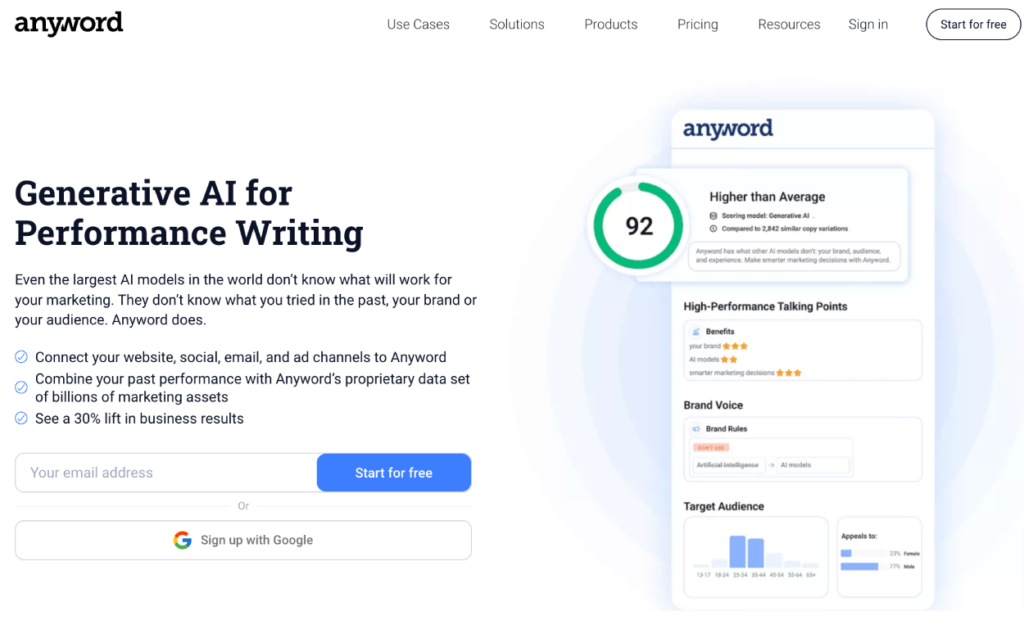
When using Anyword, users input seed topics or keywords, and the platform suggests a range of related topics and phrases that can be used to craft the content. It also includes optional tools such as context detection and sentiment analysis to help ensure the accuracy of every generated copy.
Copy.ai is an AI-driven copywriting platform designed for clients who need to produce high-quality content quickly. It provides a range of features designed to help users generate content faster, including a drag-and-drop editor, automated content suggestions, collaborative editing tools, and analytics.
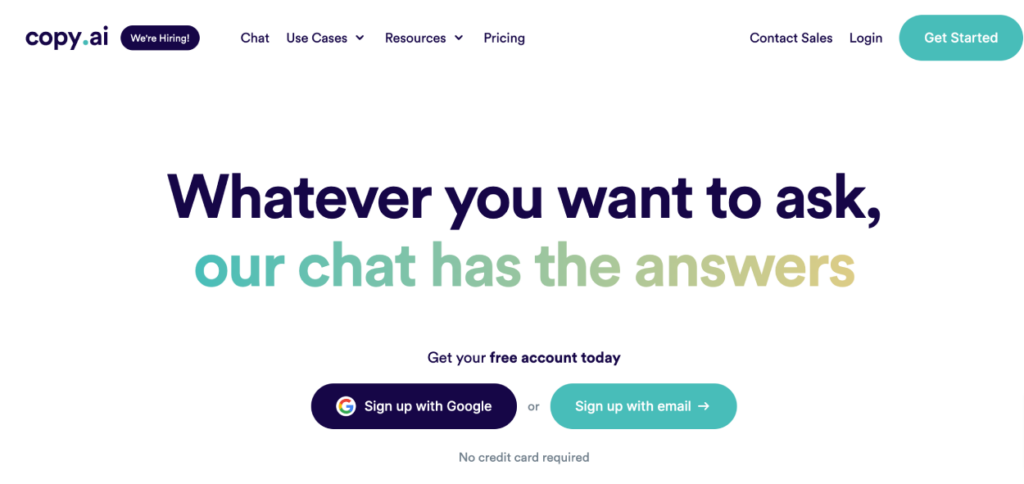
Copy.ai also has an AI-powered keyword optimization feature that helps users identify the best keywords for any given topic or project, as well as an AI-based sentiment analysis tool that helps to ensure any generated content is accurate and appropriate.
Anyword vs Copy.ai: Features and Capabilities
Anyword and Copy.ai offer useful features for generating content quickly, but their offerings differ in some key ways. Below, we’ll take a look at the features of Anyword and Copy.ai side-by-side to help you decide which one is better for you.
Anyword vs Copy.ai: AI-generated Content
Anyword and Copy.ai have AI content generators, also called writing assistants. Both platforms offer automated writing assistance along with other helpful tools.
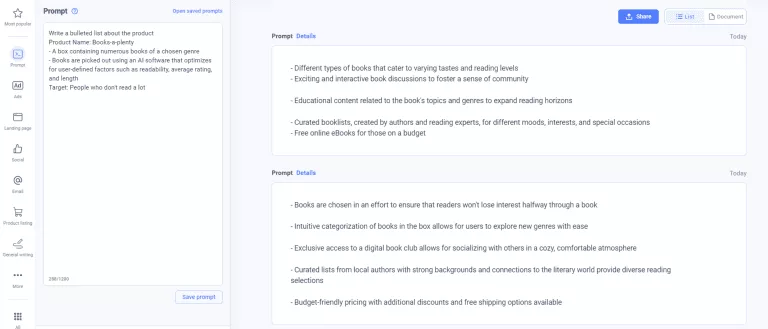
The Anyword AI content generator tool is used to create professional material for an array of topics. By using Anyword, users can create everything from impactful headlines to long blog articles – the word count isn’t a problem!
Undoubtedly, the best thing about Anyword’s AI content generator is that it delivers premium results in a matter of minutes. Using Anyword’s content generator is done by owners who aim to increase conversion and sales.
Copy.ai also works on the basis of AI, but the user gets a bit more independence. The all-encompassing AI content generator of Copy.ai comes with over 100 writing templates in over 29 languages. Copy.ai’s subscribers use its services for:
- Writing product descriptions to improve sales
- Crafting social media content to drive engagement
- Generating blog posts and copy to increase traffic.
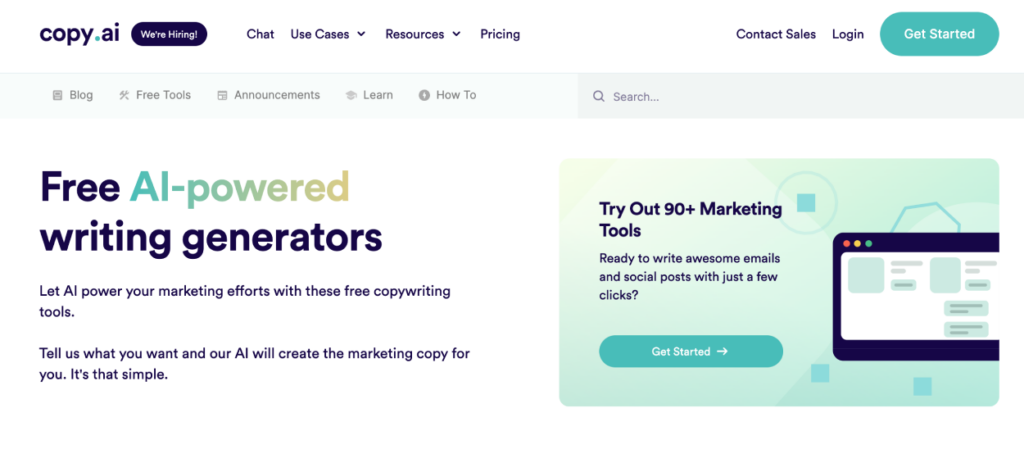
The two platforms share a similarity in goals, in that both Copy.ai and Anyword are used to drive content conversion. However, Copy.ai is best-suited for those looking for short-form marketing content that’s striking, while Anyword is the best pick for sales teams, agencies, CEOs.
One of the biggest differences between Anyword and Copy.ai is how they generate content. Anyword uses an AI-powered algorithm to generate content ideas, while Copy.ai offers a drag-and-drop editor that allows users to create content with just a few clicks quickly.
Anyword vs Copy.ai: Automated Content Research and Writing
Both Anyword and Copy.ai offer automated writing assistance, including content research and rewriting.
With the advent of Artificial Intelligence (AI), automated content research and writing have become a reality. AI-powered tools like Anyword AI offer users the ability to research, write, edit, and optimize content at lightning speed without sacrificing quality. To compare, Copy.ai focuses on content creation and optimization with AI-driven text generation capabilities.
Regarding research capabilities, both Anyword and Copy.ai offer comprehensive solutions for gathering information from various sources, including news articles, webpages, social media posts, videos, and more. However, Anyword goes beyond the typical search engine to provide a more in-depth analysis of content, such as sentiment analysis, language detection, and readability scoring. Copy.ai’s research capabilities are also impressive, which is noticeable by its ability to detect topics and keywords relevant to your audience.
When it comes to AI writing, Anyword’s AI-driven tools allow you to quickly generate content that is both unique and high-quality. It prioritizes readability and understandability for any kind of audience, making sure the content is easy to digest. Copy.ai excels in providing automated text generation capabilities for producing engaging, high-quality content in mere minutes.
Considering automated content research and writing, Anyword is the better option. Anyword allows users to quickly generate content ideas using its NLP technology, while Copy.ai offers a user-friendly drag-and-drop editor.
However, Copy.ai doesn’t offer any automated content research features, so users have to do the research themselves if they want to generate high-quality copy. Copy.ai, instead, offers over 100 hard-hitting, written templates and allows the user to do work independently.
Anyword vs Copy.ai: Multi-lingual Support
When it comes to language support, both Copy.ai and Anyword excel in this department compared to many other AI writing assistants.
Namely, both tools support over 29+ languages for input and output. So, if you’ve ever had trouble creating a brief in your non-native language, that shouldn’t be a problem with either tool.
Anyword vs Copy.ai: Customizable Templates
Both Anyword and Copy.ai offer customizable templates for users to generate content that is tailored to their professional needs quickly. Anyword AI provides pre-made templates and allows users to customize them by adding their own text and any desired images. To compare, Copy.ai offers a selection of ready-made templates that users can use to gain inspiration for their content.
When it comes to customizable templates, Copy.ai is the better option. Copy,ai has more than 100+ pre-made and customizable options than Anyword, so users have more flexibility when creating content with it.
Anyword vs Copy.ai: Analytics and Performance Tracking
Anyword and Copy.ai both have analytics and performance-tracking features that allow users to track their content’s progress. Anyword offers a powerful analytics dashboard with detailed metrics, such as engagement rate, time on page, and user demographics. This helps users identify which areas are performing well and what they need to improve or optimize to maximize their content’s effectiveness.
Copy.ai also has a performance tracking feature, but it is not as detailed as Anyword’s analytics dashboard. The platform only provides basic metrics that don’t give users much insight into their content’s performance or reach.
Anyword vs Copy.ai: Ease of Use and User Experience
Anyword AI and Copy.ai are both great content creation tools, but they take different approaches to ease of use and user experience. Anyword is designed to be highly intuitive and easy to use, while Copy.ai offers a more complex user experience.
Unlike Copy.ai, Anyword comes with an intuitive design that is easy to navigate and follow. The platform has a straightforward drag-and-drop editor that makes it simple for users to create content quickly, as well as powerful AI tools that make writing and researching easier.
Copy.ai’s user interface is more complex than Anyword’s, making it less intuitive and requiring users to invest some time and effort to learn how to use its features. The platform has a powerful drag-and-drop editor, but it can be difficult to maneuver for those who are unfamiliar with the platform. Additionally, Copy.ai does not have any automated content research tools, so users need to do their own research if they want to create good copy.
In terms of ease of use and user experience, Anyword AI is the clear winner. The platform’s intuitive design makes it easy for users to quickly create high-quality content without any hassle or confusion.
Anyword vs Copy.ai: Pros and Cons
Let’s take a look at the pros and cons of Anyword vs Copy.ai:
Pros of Anyword:
- Detailed analytics dashboard with metrics, such as engagement rate, time on page and user demographics.
- Supports over 29 languages, including common ones like English, Spanish, French, and German.
- Anyword has a bunch of customization options that allow users to create content that is applicable to everyone’s needs. Users can choose from Anyword AI’s pre-made templates or customize any existing template by adding their own text and any desired images.
- Anyword also has a powerful Natural Language Processing (NLP) engine that can generate more engaging, relevant, and accurate content.
Cons of Anyword:
- Doesn’t always provide accurate info
- Unlimited word credits cost too much.
Pros of Copy.ai:
- Powerful drag-and-drop editor for creating content quickly
- Very easy content creation process
- Generous free trial
- Copy.ai has a selection of 100+ ready-made templates to use as starting points for content creation.
Cons of Copy.ai:
- May lag occasionally.
- Each copy requires the touch of a human editor.
Anyword vs Copy.ai: Pricing and Plans
Copy.ai offers three pricing plans to suit any budget. The first is the Pro plan, which costs $49 per month and has unlimited words. This plan is ideal if you’re looking for 90+ copywriting tools, priority email support, 5 user seats, 29+ languages, chats etc.
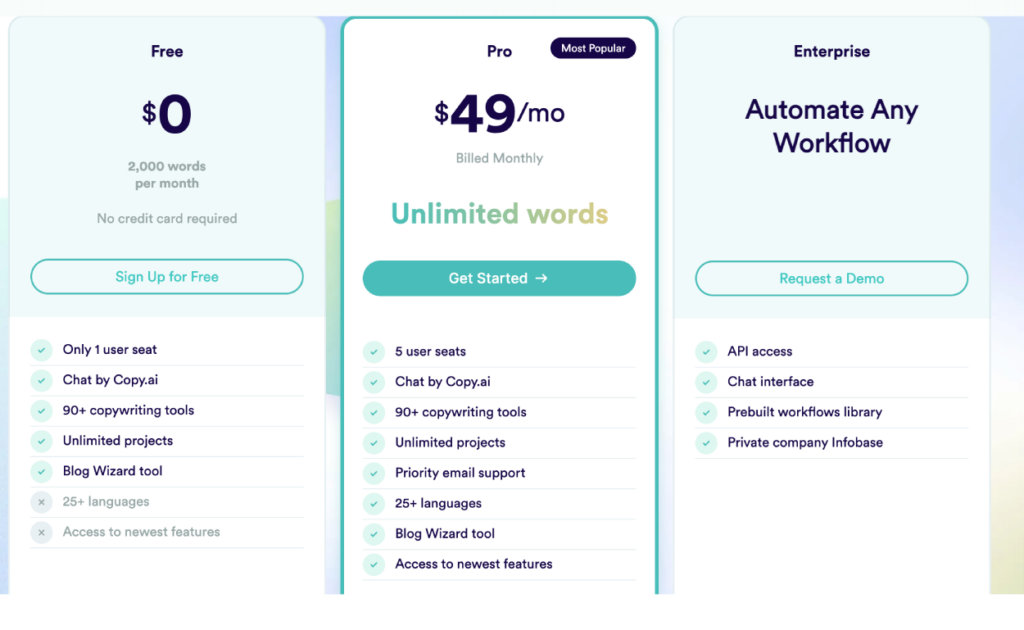
Choosing the Enterprise plan is the right choice if you have a larger team or an organization that requires more flexibility and even more customizable features. This plan is customizable and offers API access, chat interface, prebuilt workflow libraries, and private company Infobase.
Finally, Copy.ai has a free plan that offers basic features and limited usage options. Copy.ai’s free plan includes 90+ copywriting tools, unlimited projects, and blog wizard tools, but it has only one user seat.
Anyword AI offers several pricing plans for its users depending on their needs. The Starter plan is the most affordable option at $29 per month and provides access to AI-powered writing and editing tools, as well as 20,000 word credits per month.
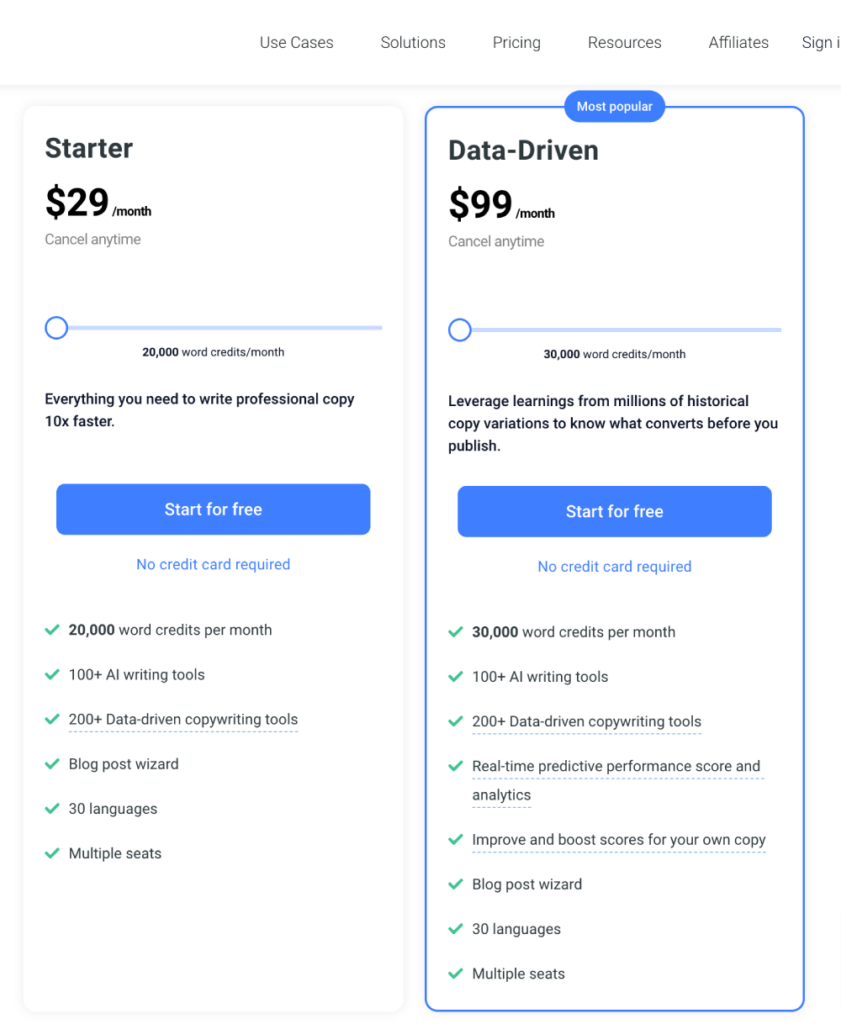
Anyword’s other pricing plan is the Data-driven one, which starts at $99 per month and allows 30,000 word credits per month. Both of Anyword’s pricing plans allow multiple seats and 100+ AI writing tools.
Note: You can always increase Anyword’s number of word credits monthly at a steeper price.
Conclusion
If you compare Anyword vs Copy.ai, you’ll realize that both tools have strengths and weaknesses suitable for different types of users. Anyword is the better choice if you’re looking for an intuitive platform with a straightforward drag-and-drop editor and powerful AI tools to help you quickly create content.
On the other hand, Copy.ai provides more complex features and customization options at a slightly higher cost but may require some time investment from its users to get familiar with how it works. When you make your decision, make sure you have all these factors weighed up, as well as the budget limits and individual preferences.
FAQs
What features does Anyword offer?
Anyword has powerful AI tools for writing and researching and an analytics dashboard with metrics, such as engagement rate, time on page, and user demographics. Anyword AI is effective for making marketing content and works on the basis of crafting and optimizing.
What pricing plans does Copy.ai offer?
Copy.ai offers three different pricing plans for its users – the Pro plan ($36 per month), the Enterprise plan (customizable), and a free plan.
Does Anyword AI offer any customer support?
You can reach Anyword’s customer service 24/7 via their email or the live chat on the website.
Can I use Copy.ai for multiple projects?
Yes, Copy.ai supports an unlimited number of projects with no additional cost.
Does Anyword AI provide analytics tools to track performance?
Yes, by using Anyword’s analytics dashboard, you can gain insight into your user base, their engagement rate, and how much time they spend on your page.


